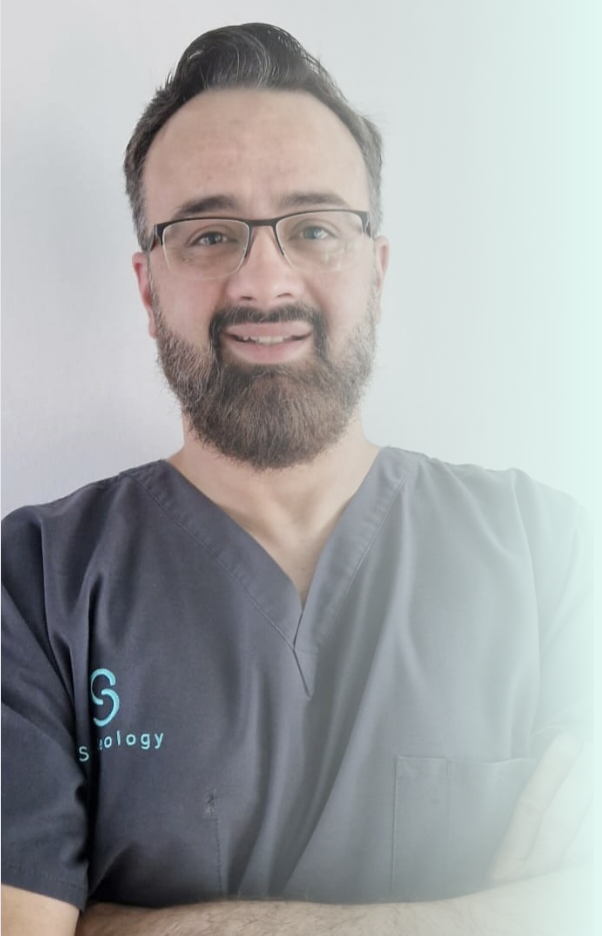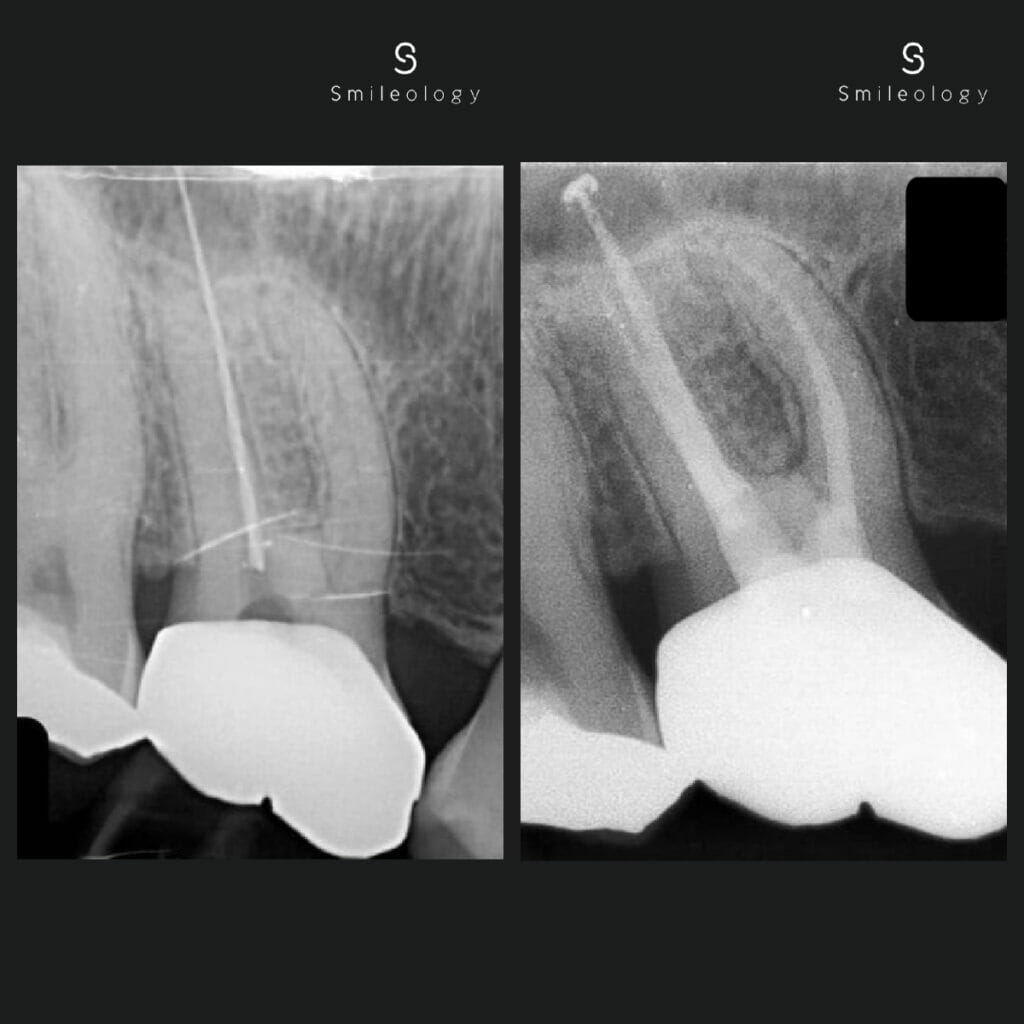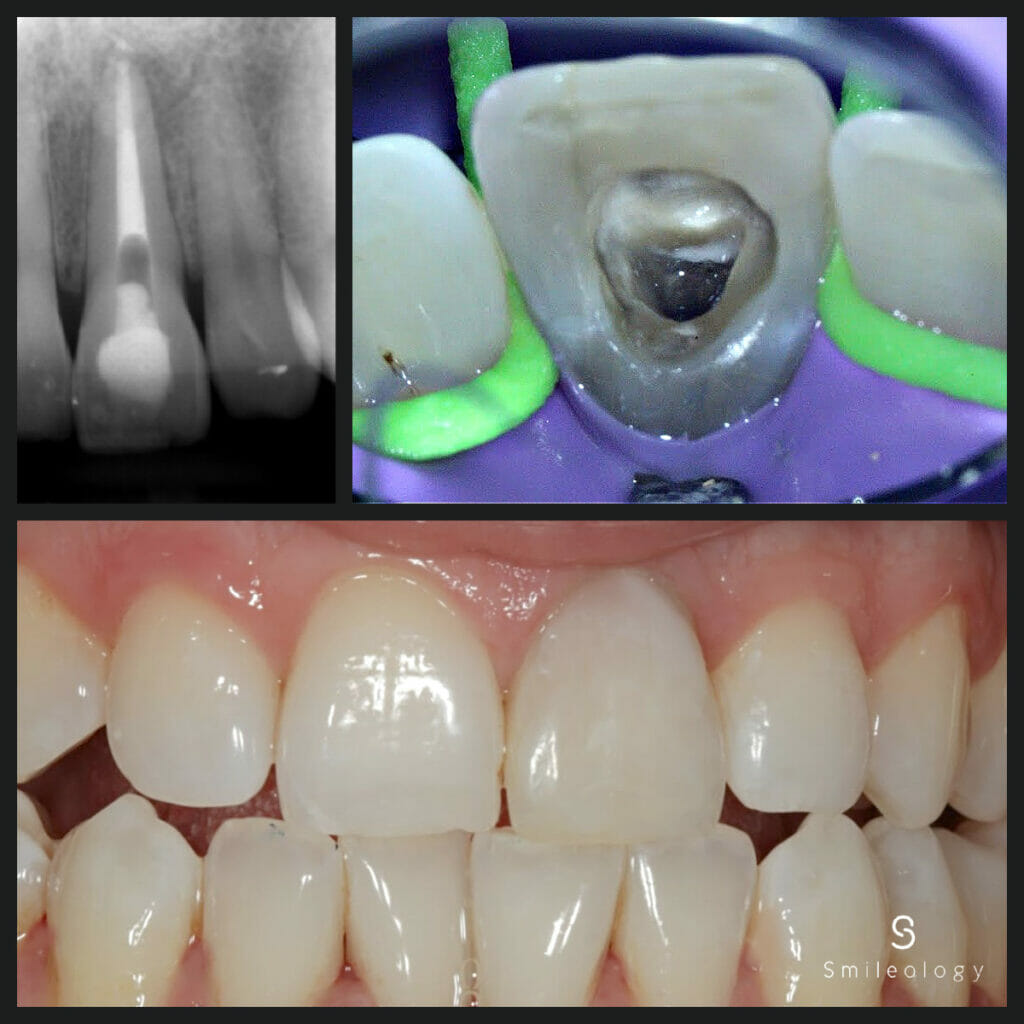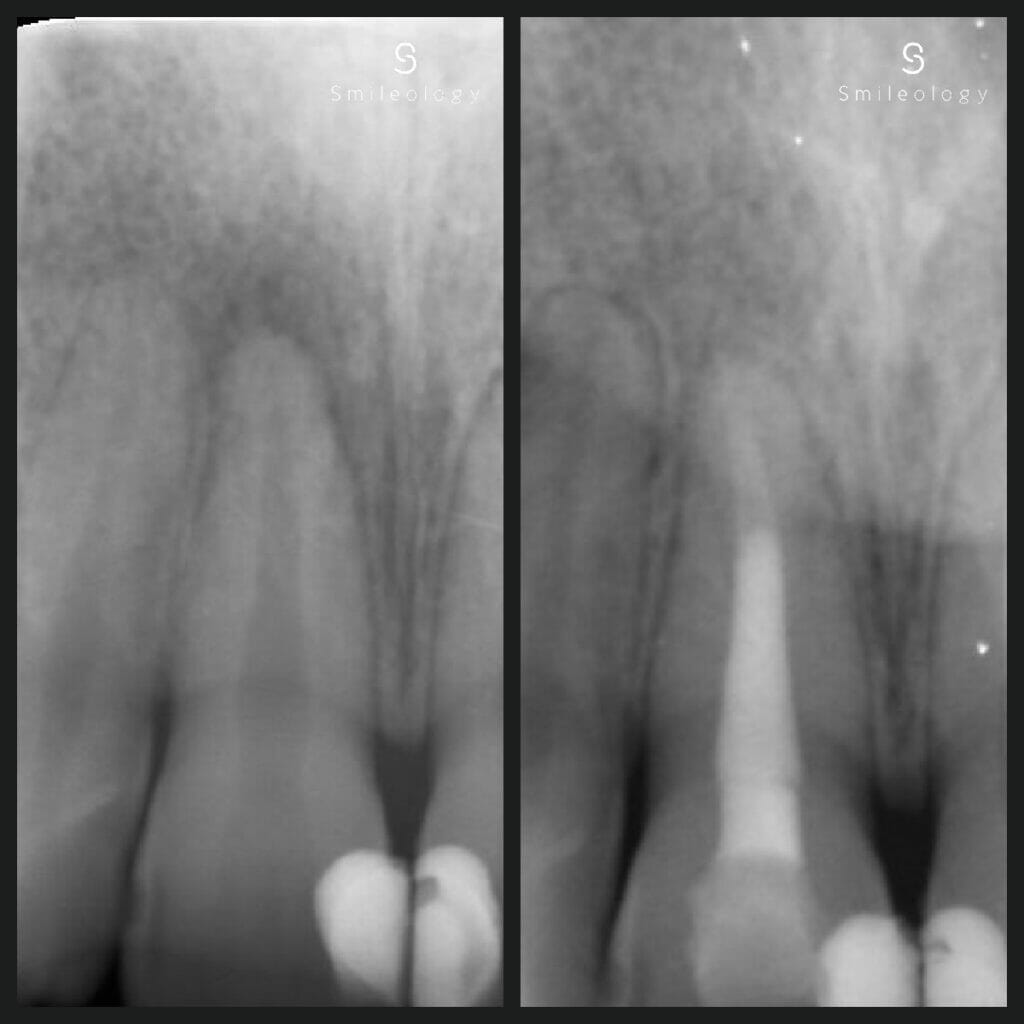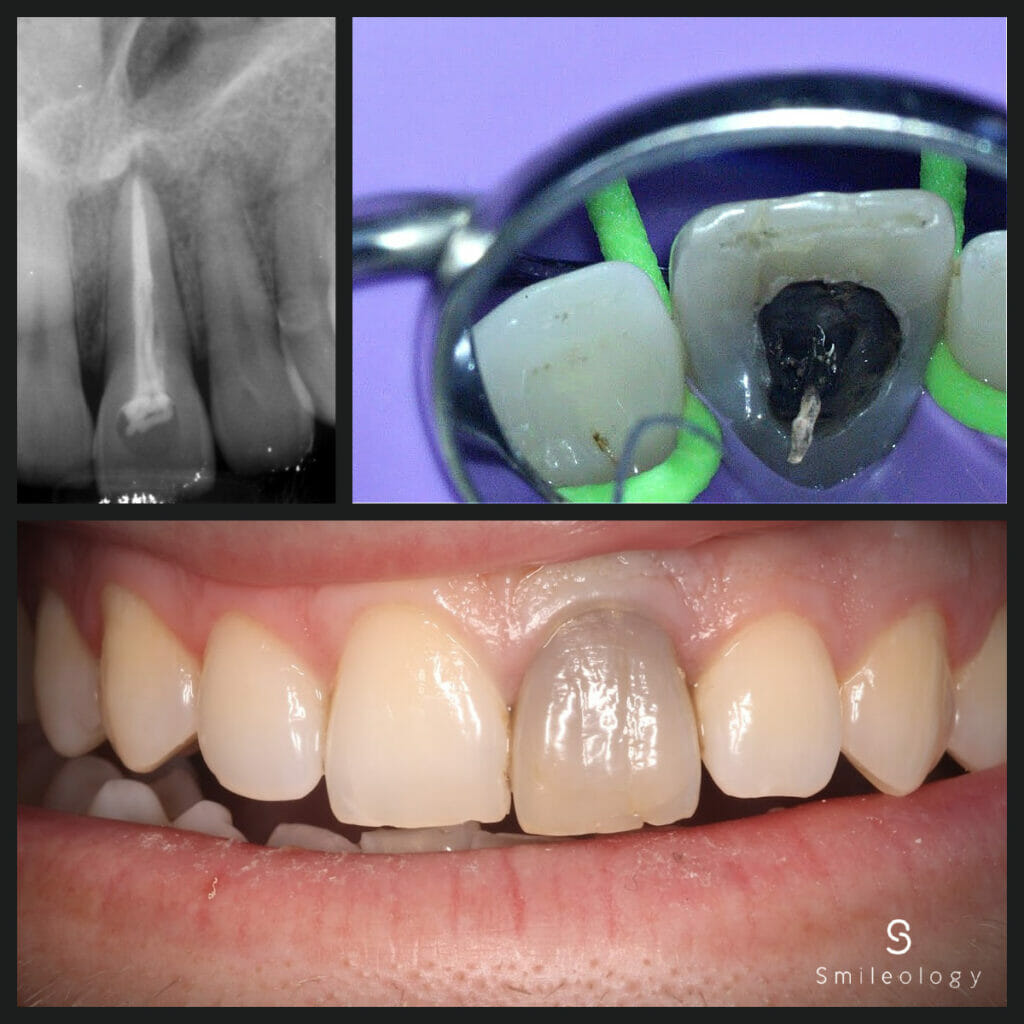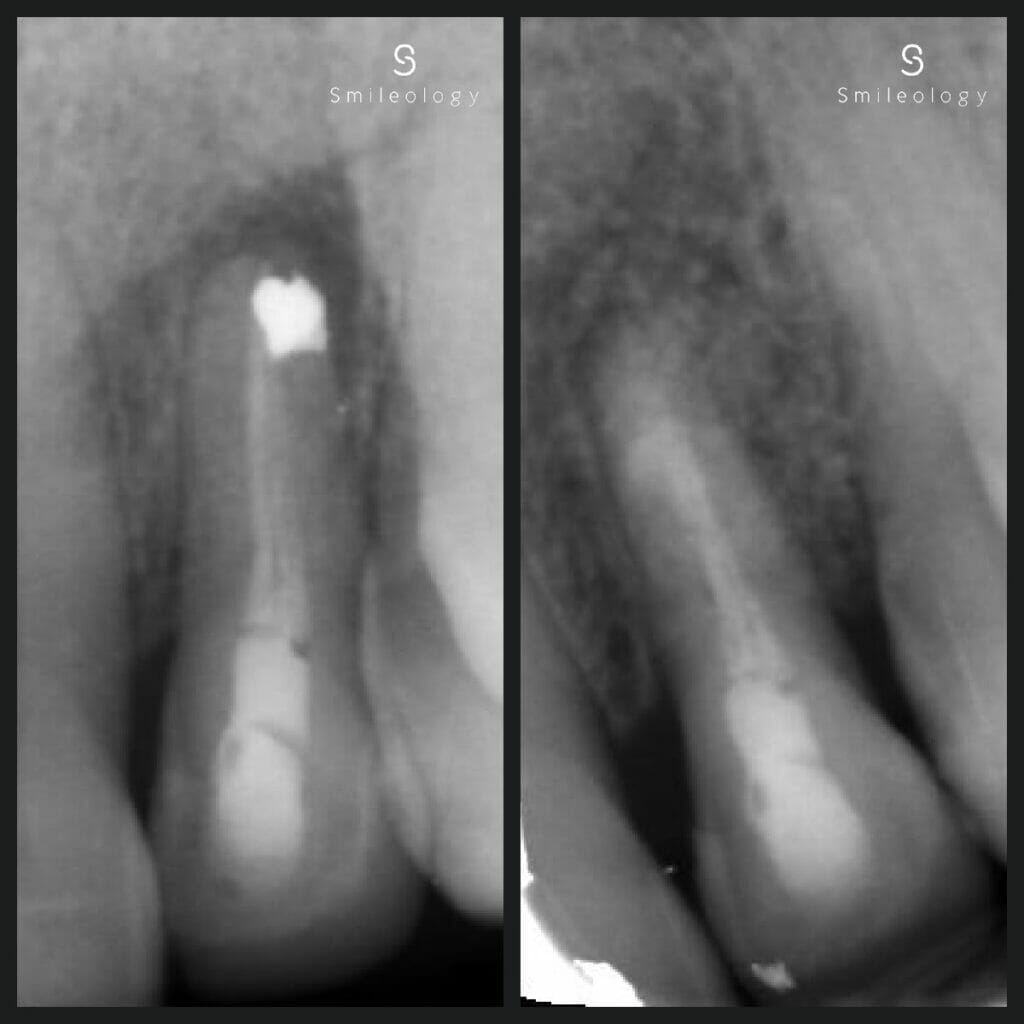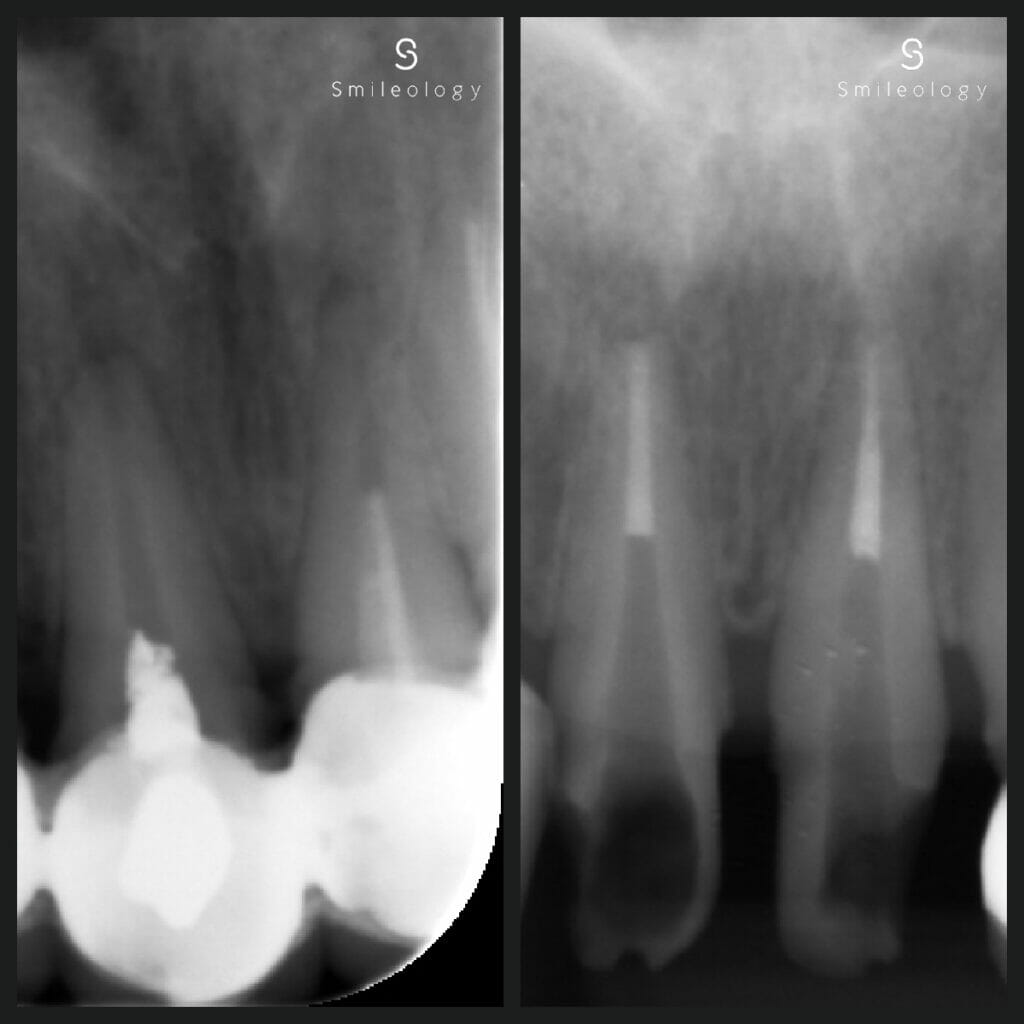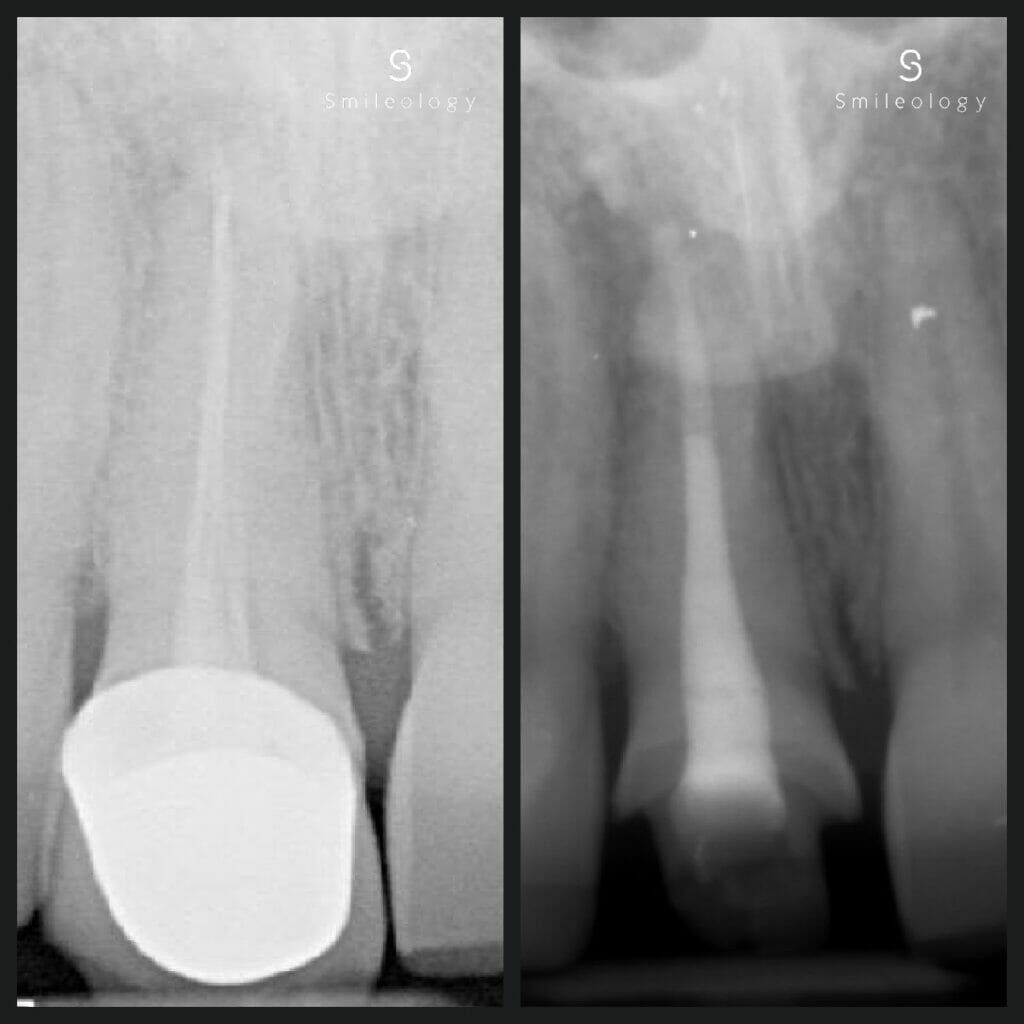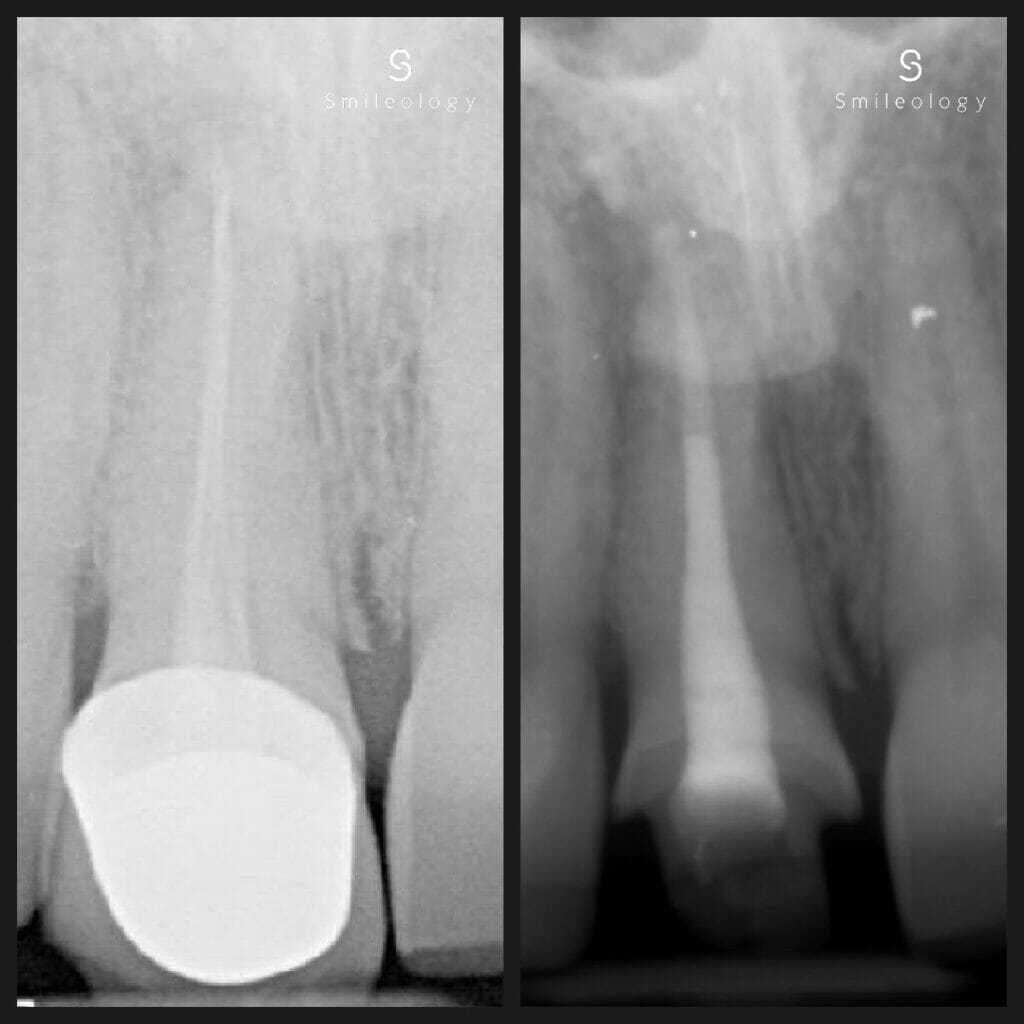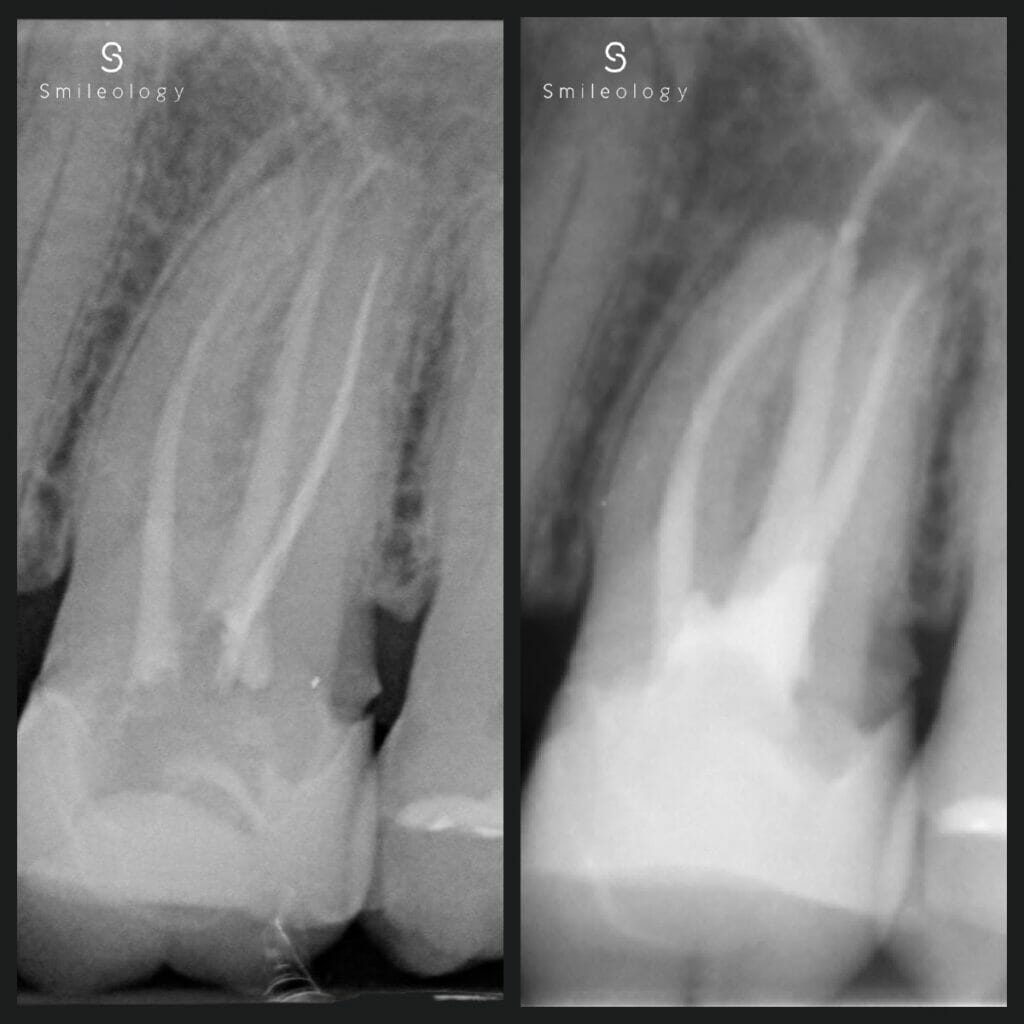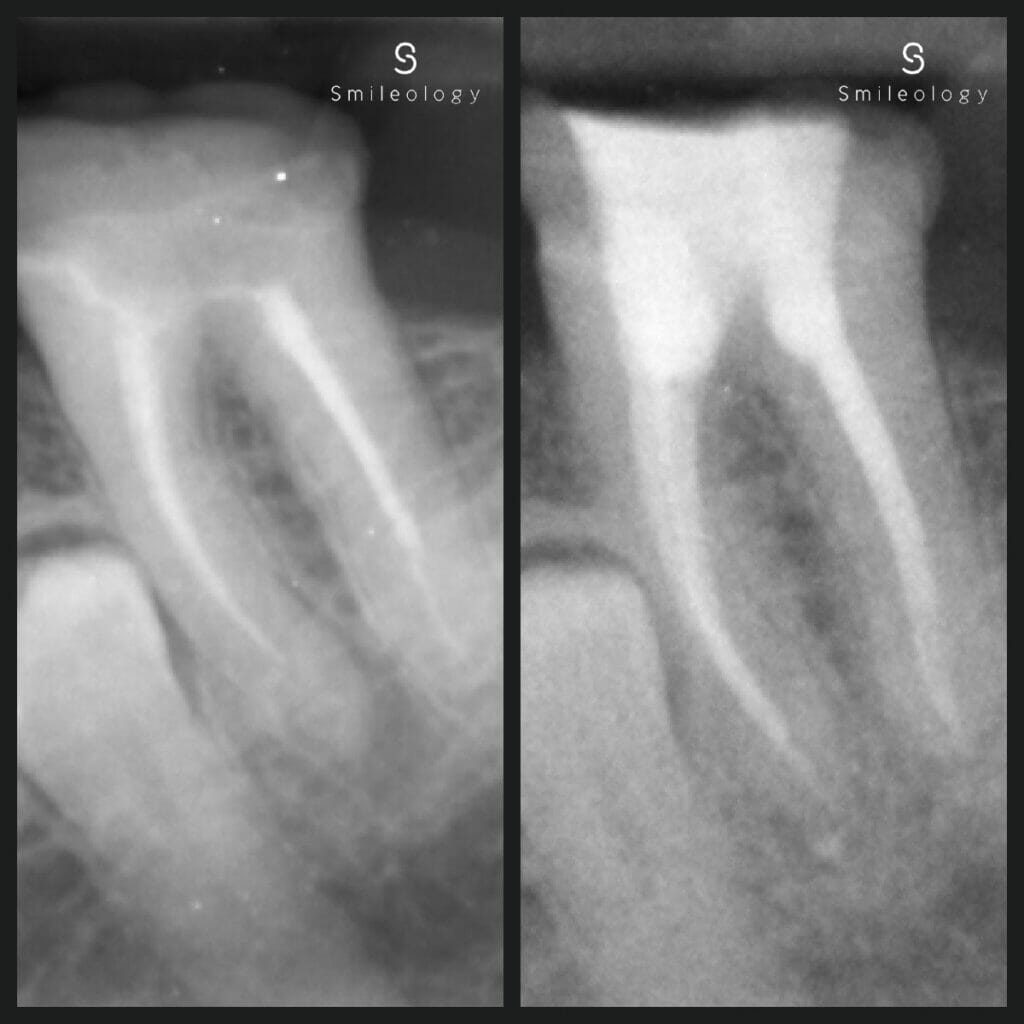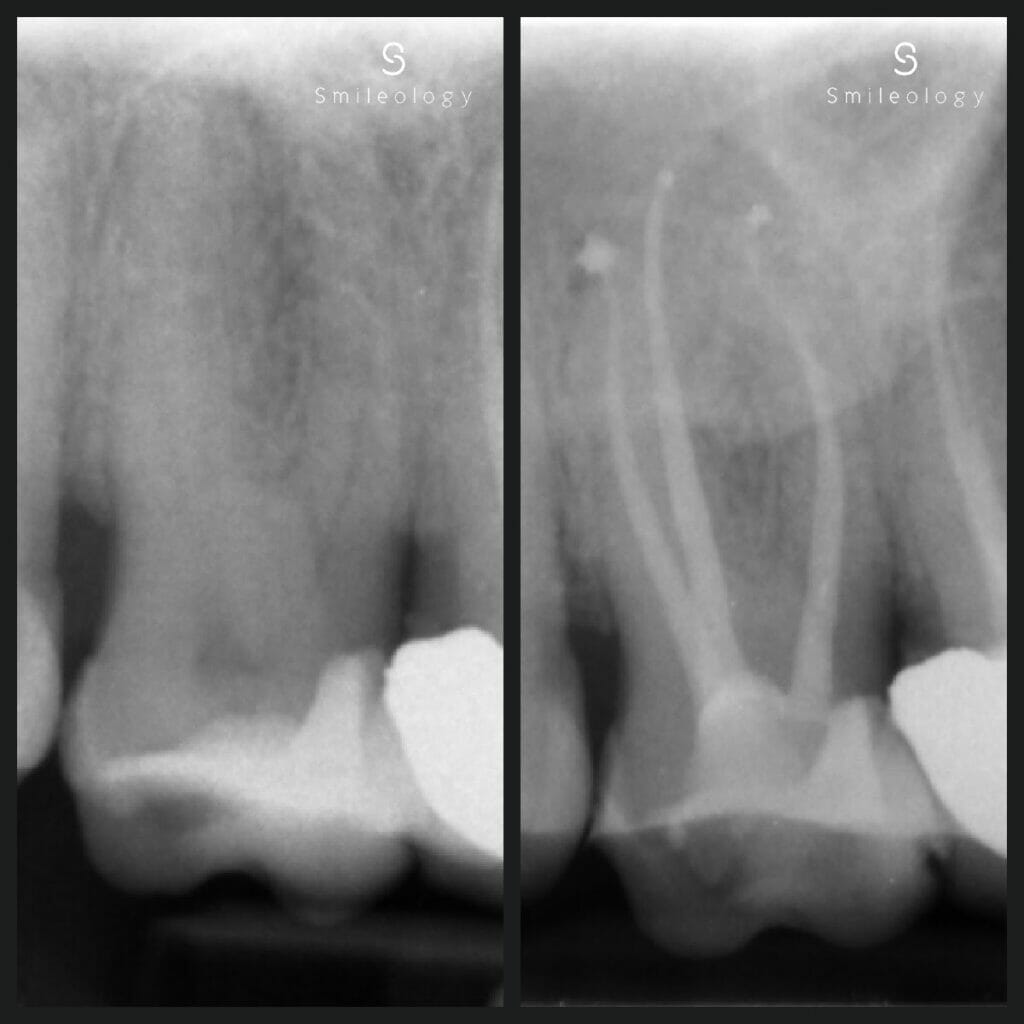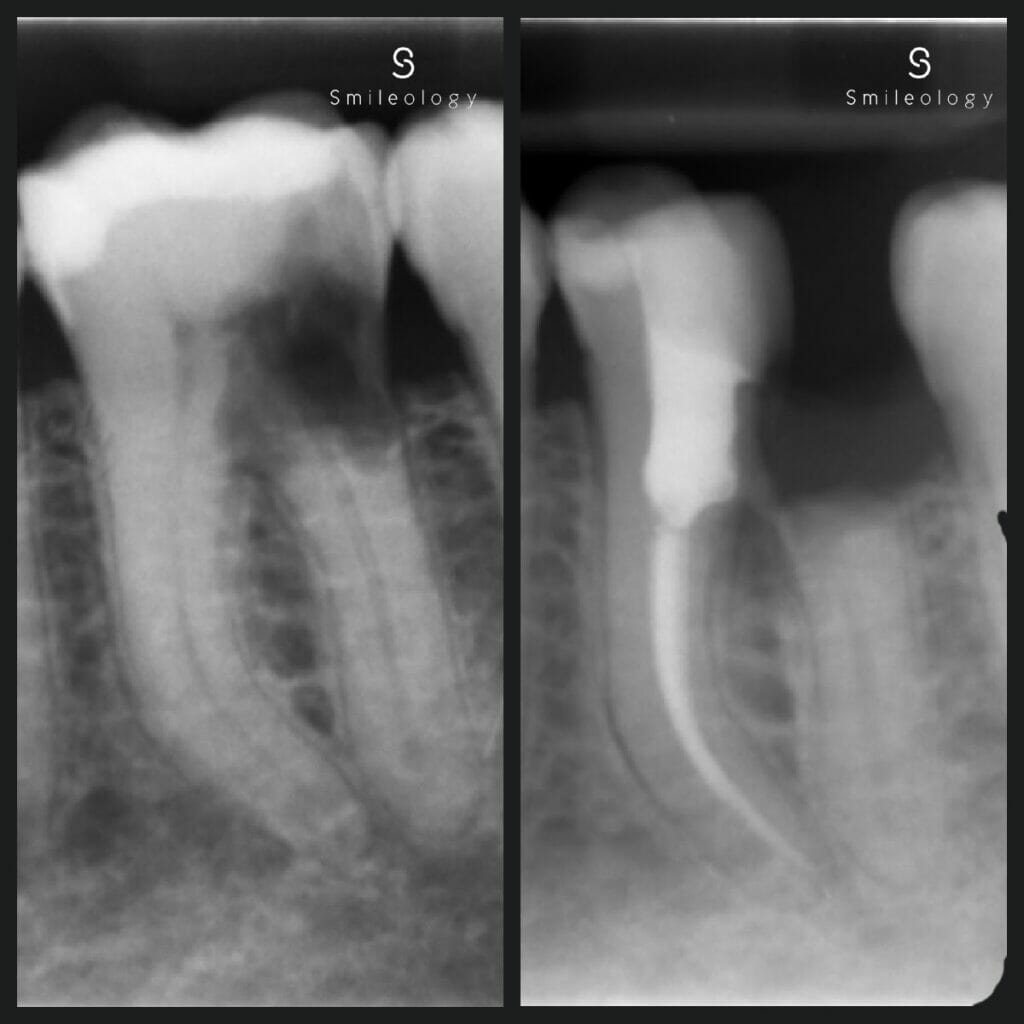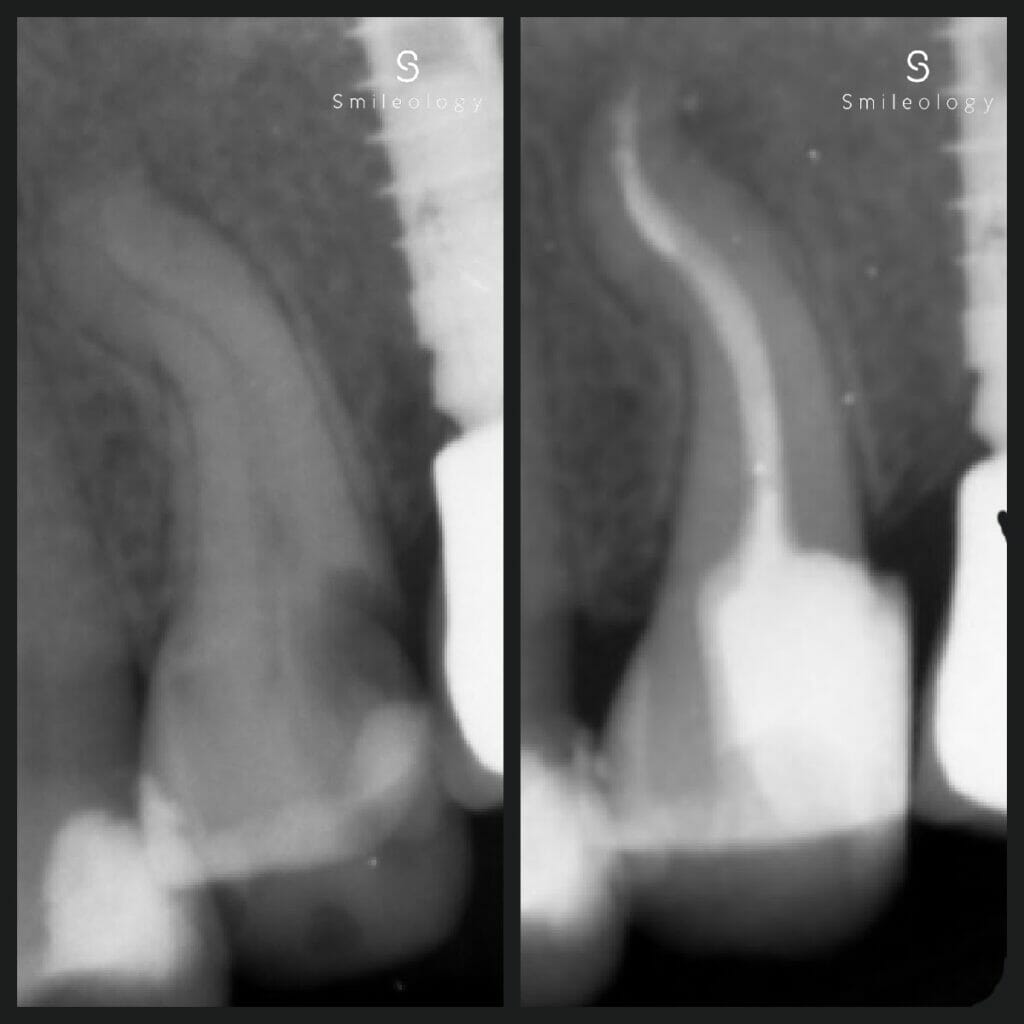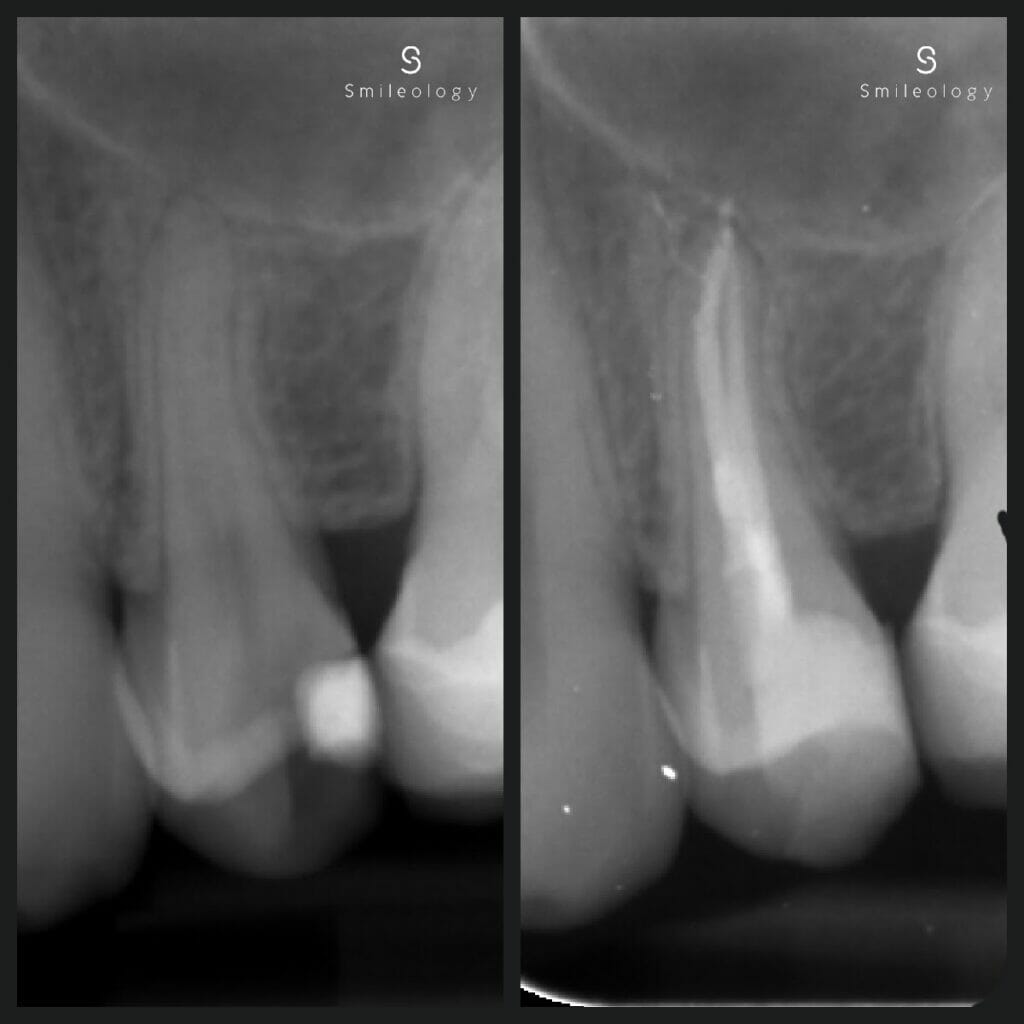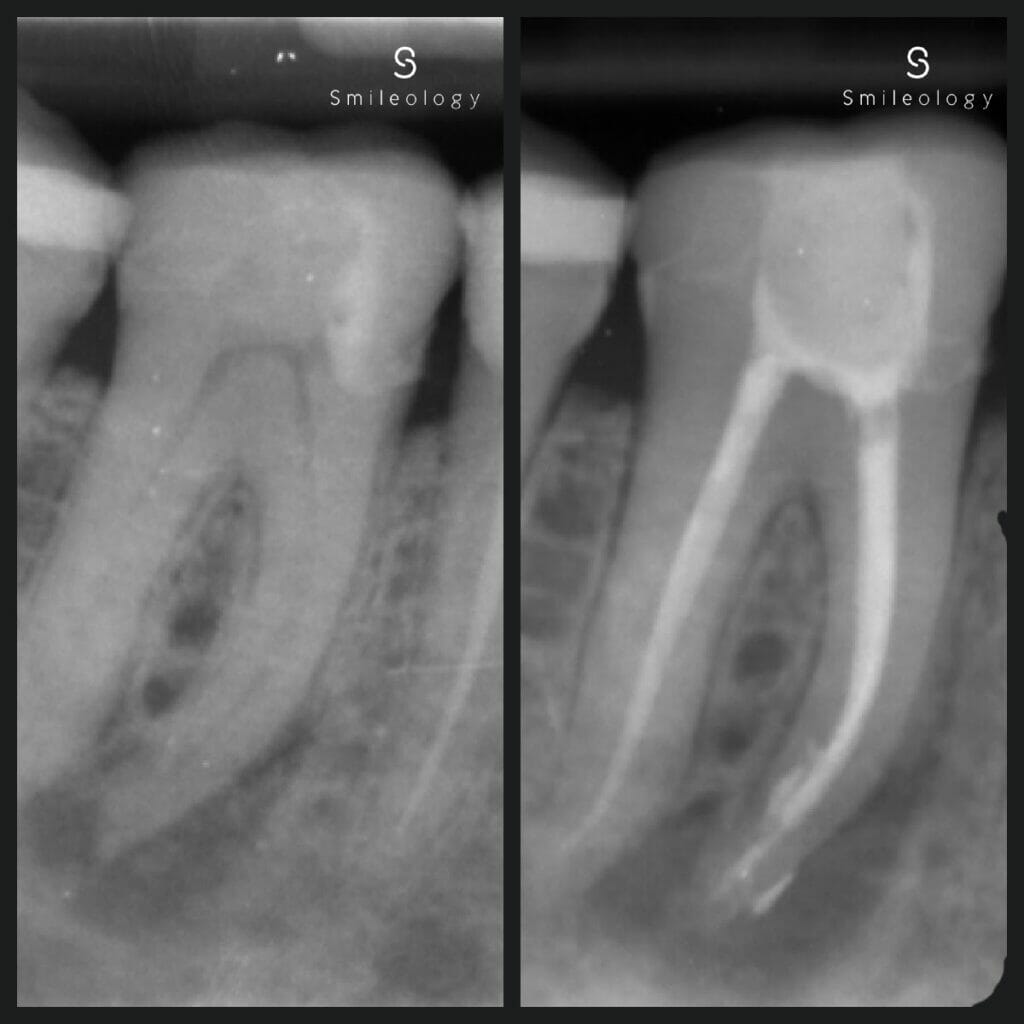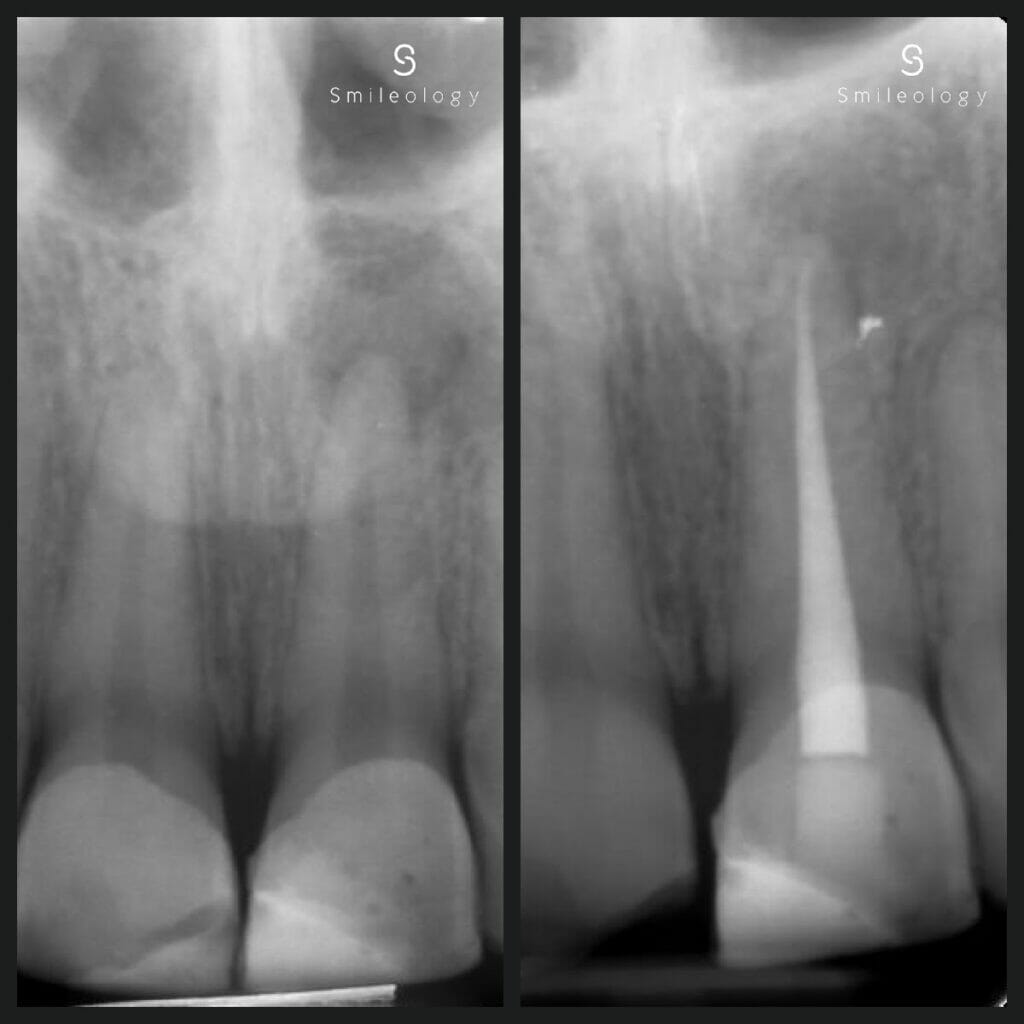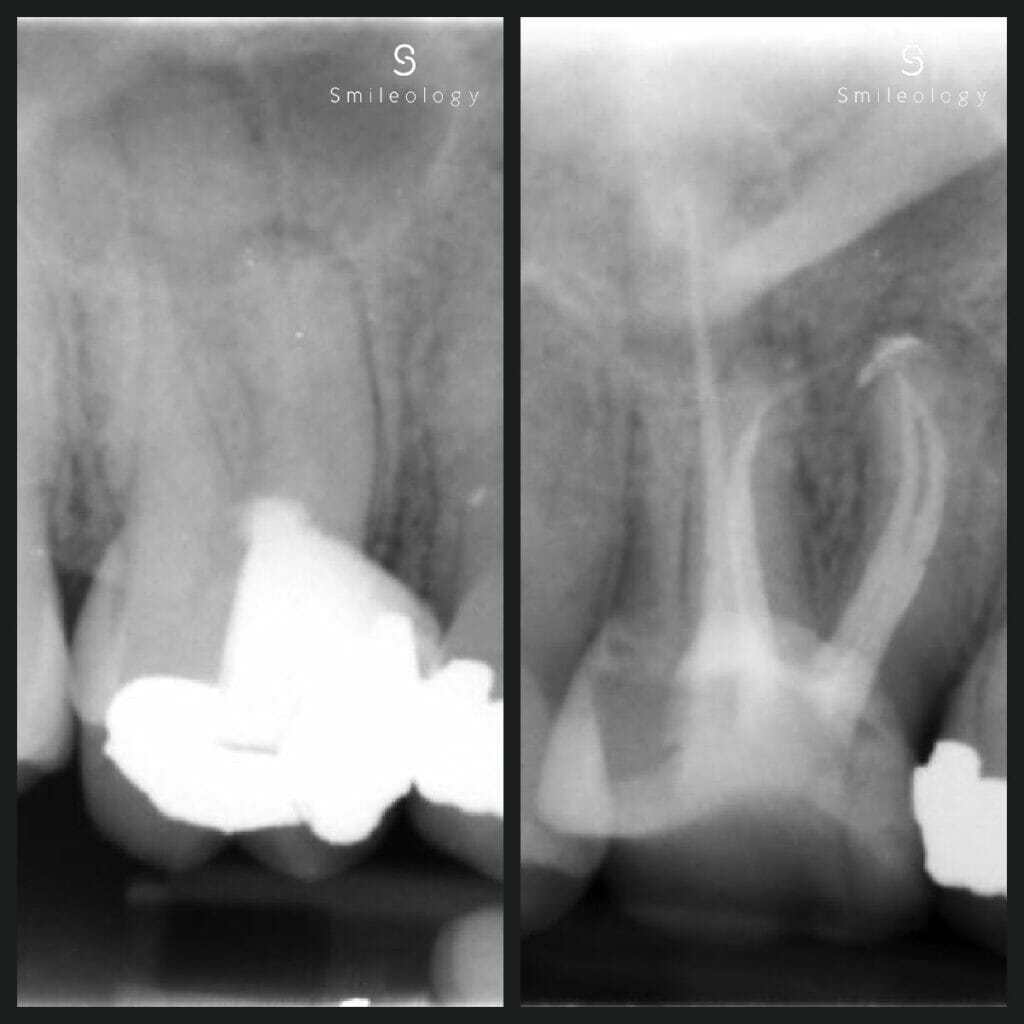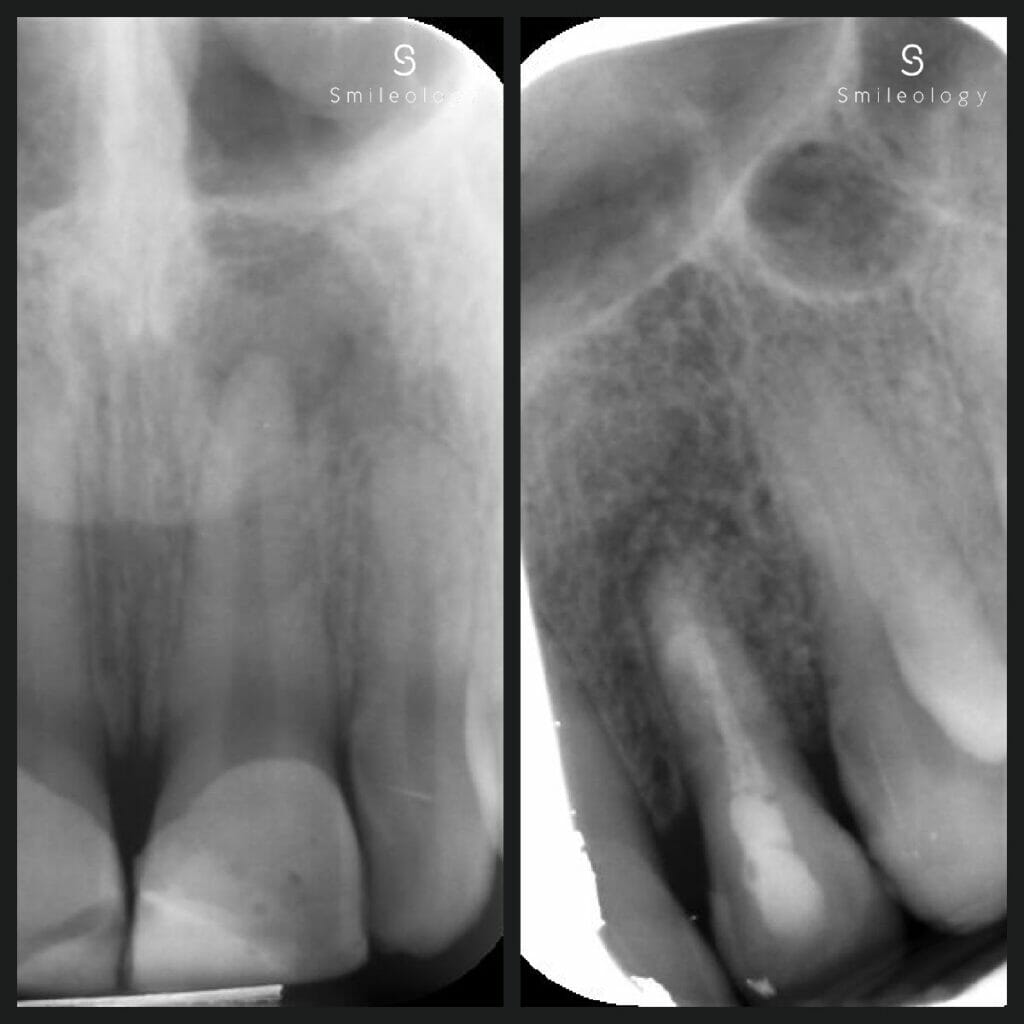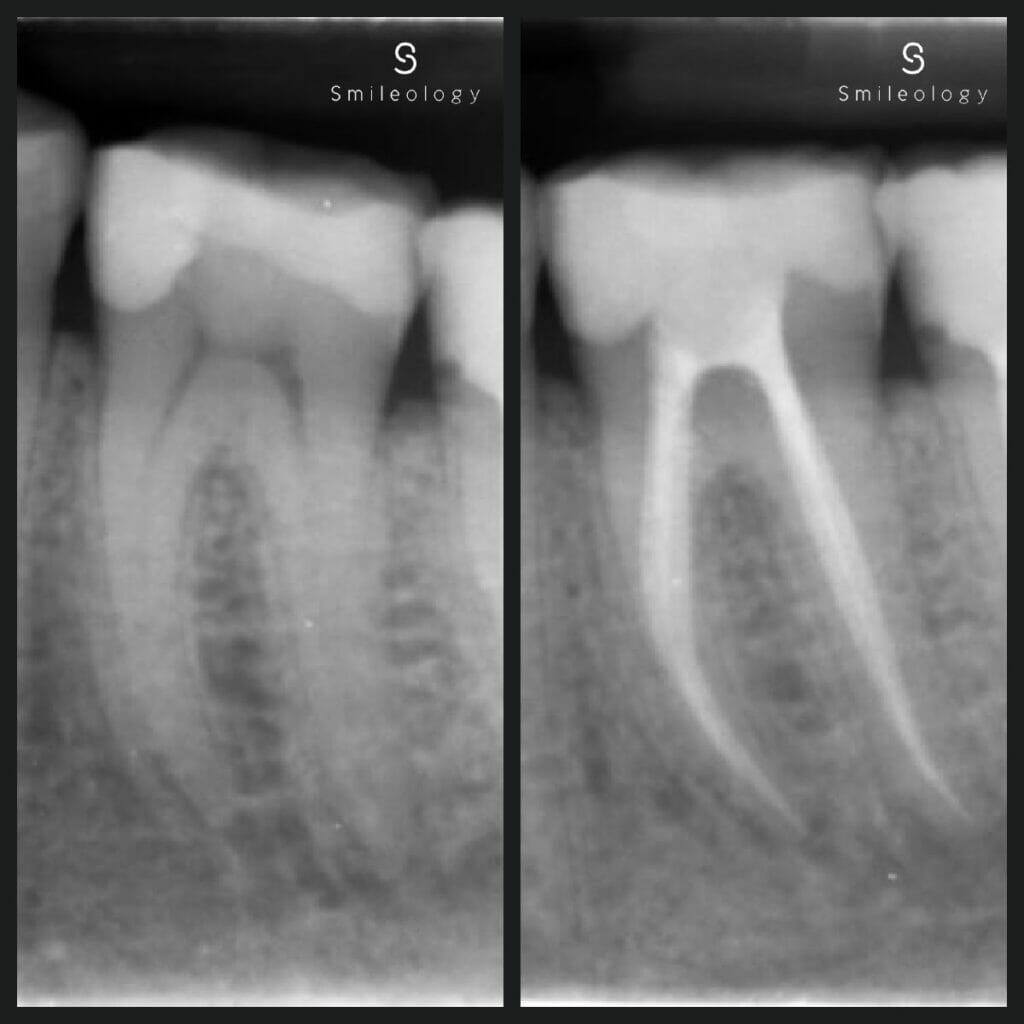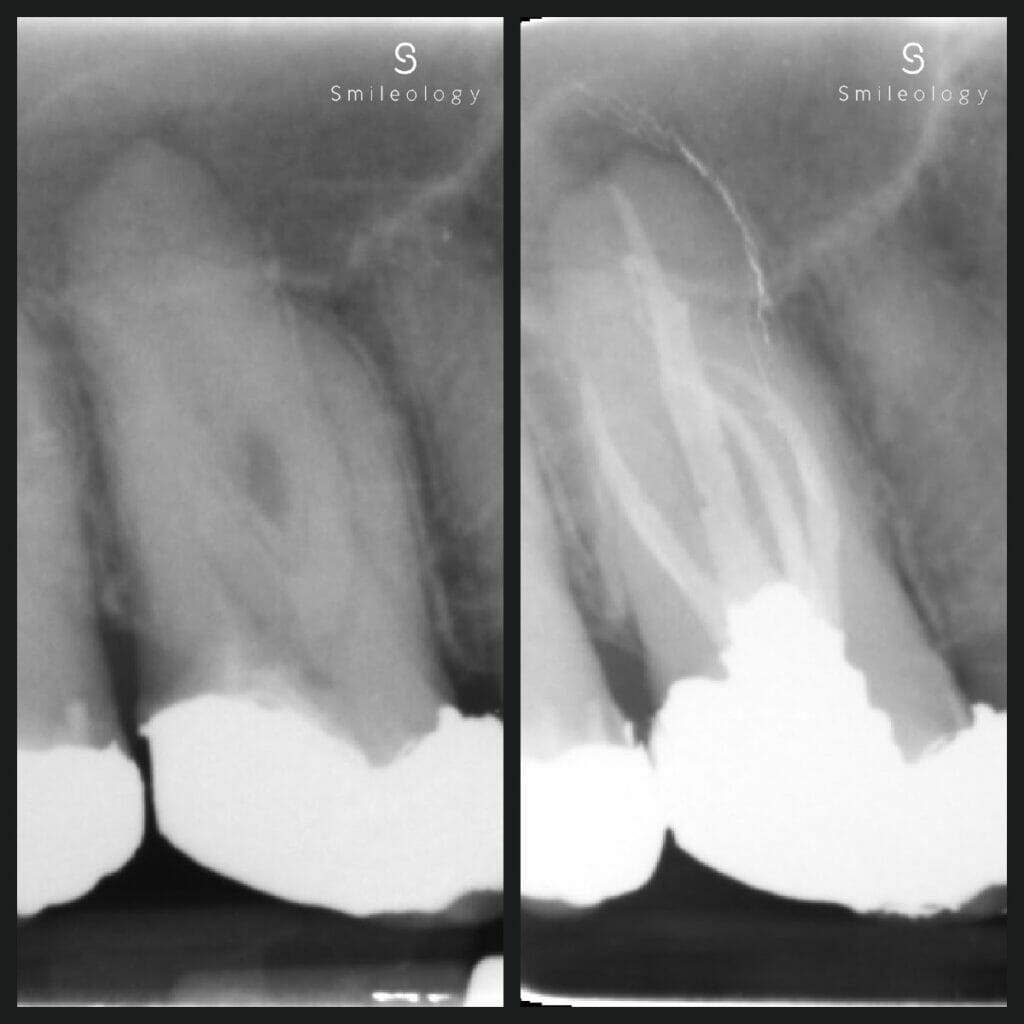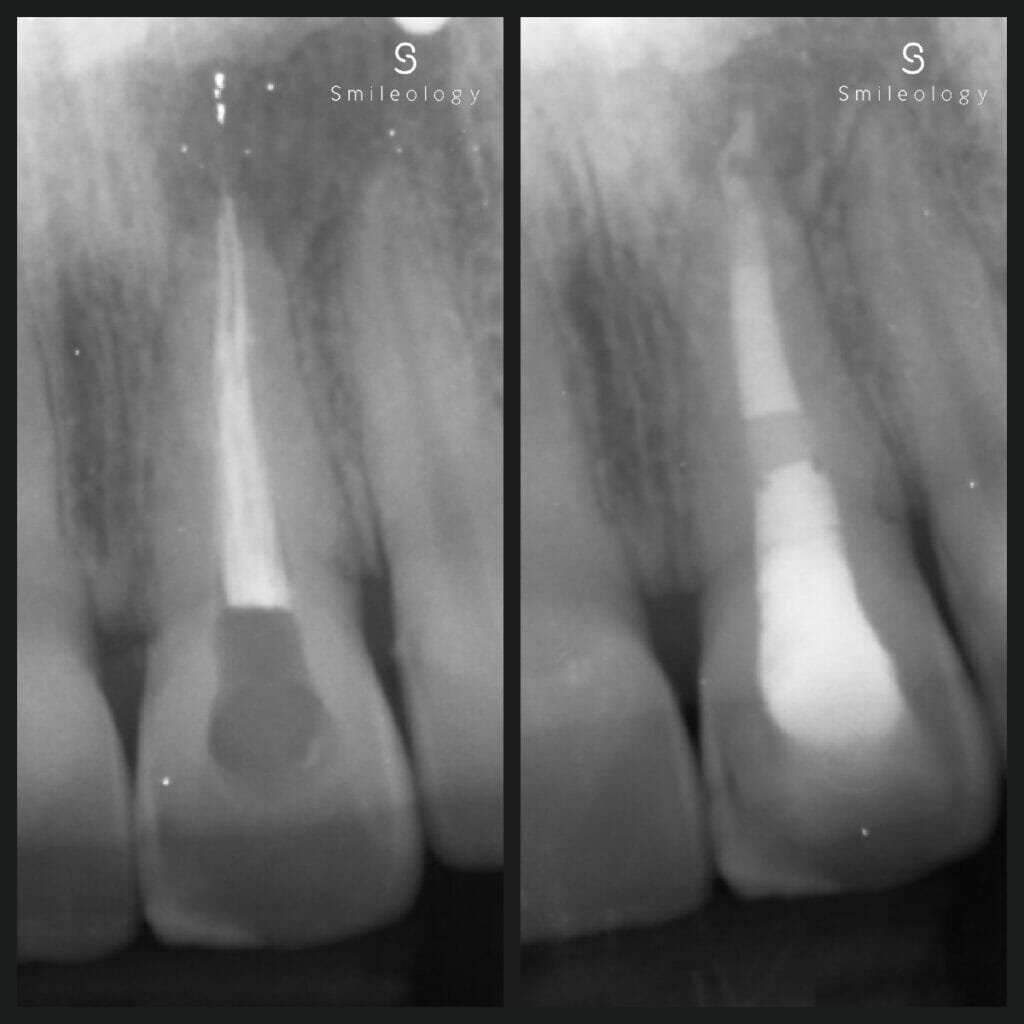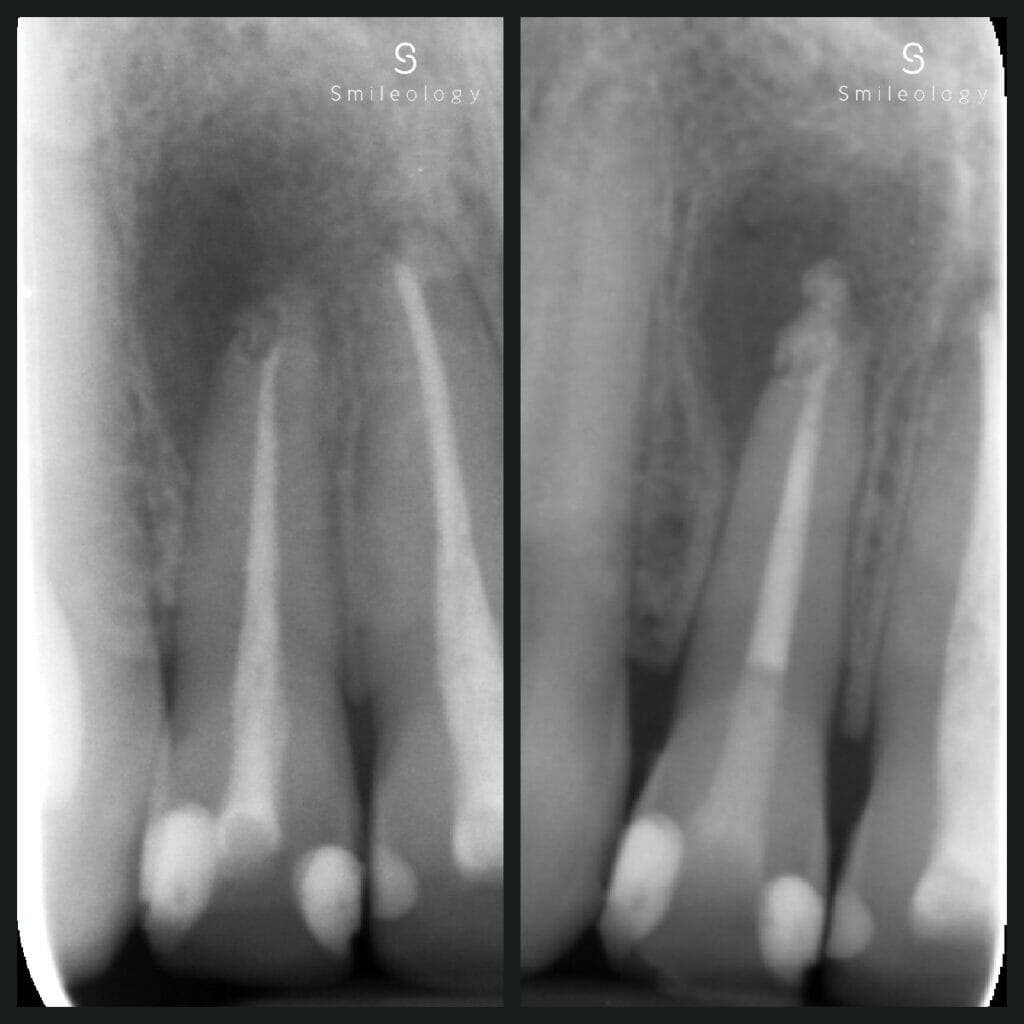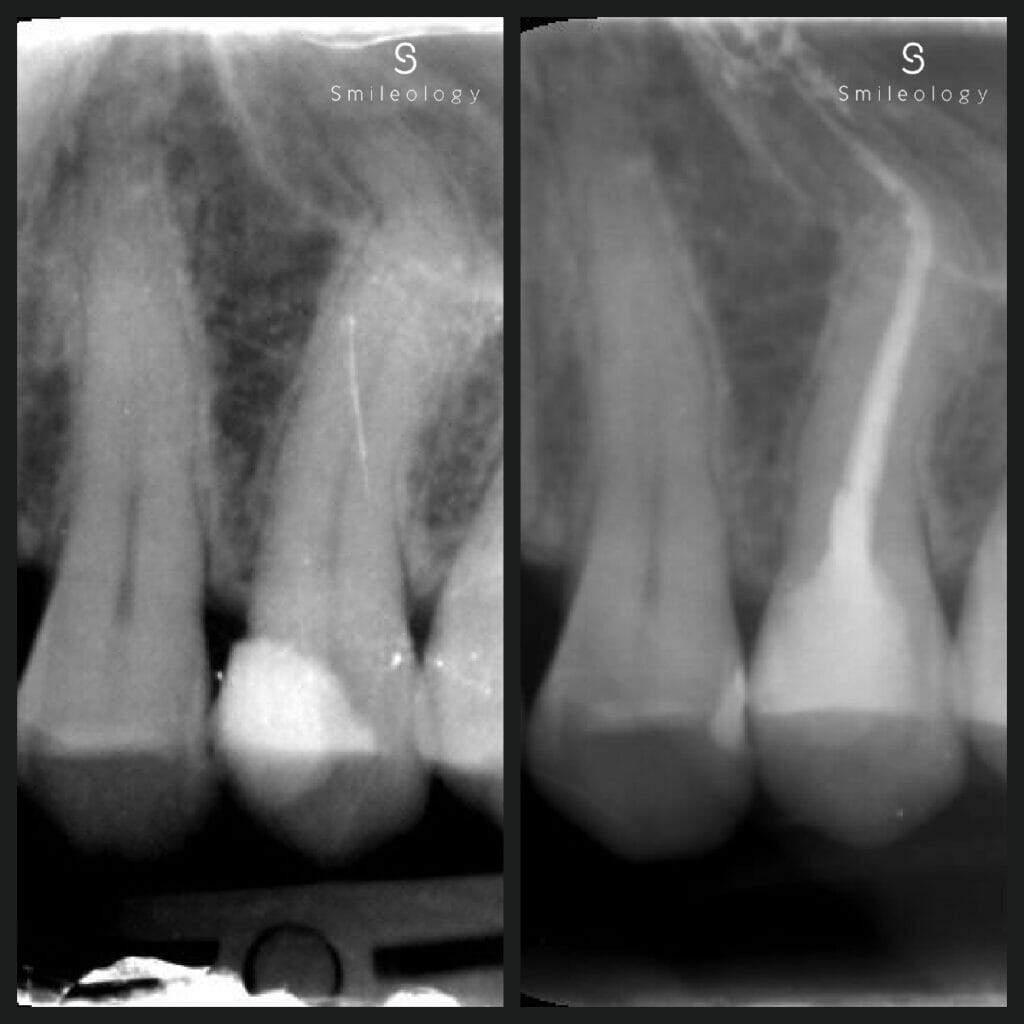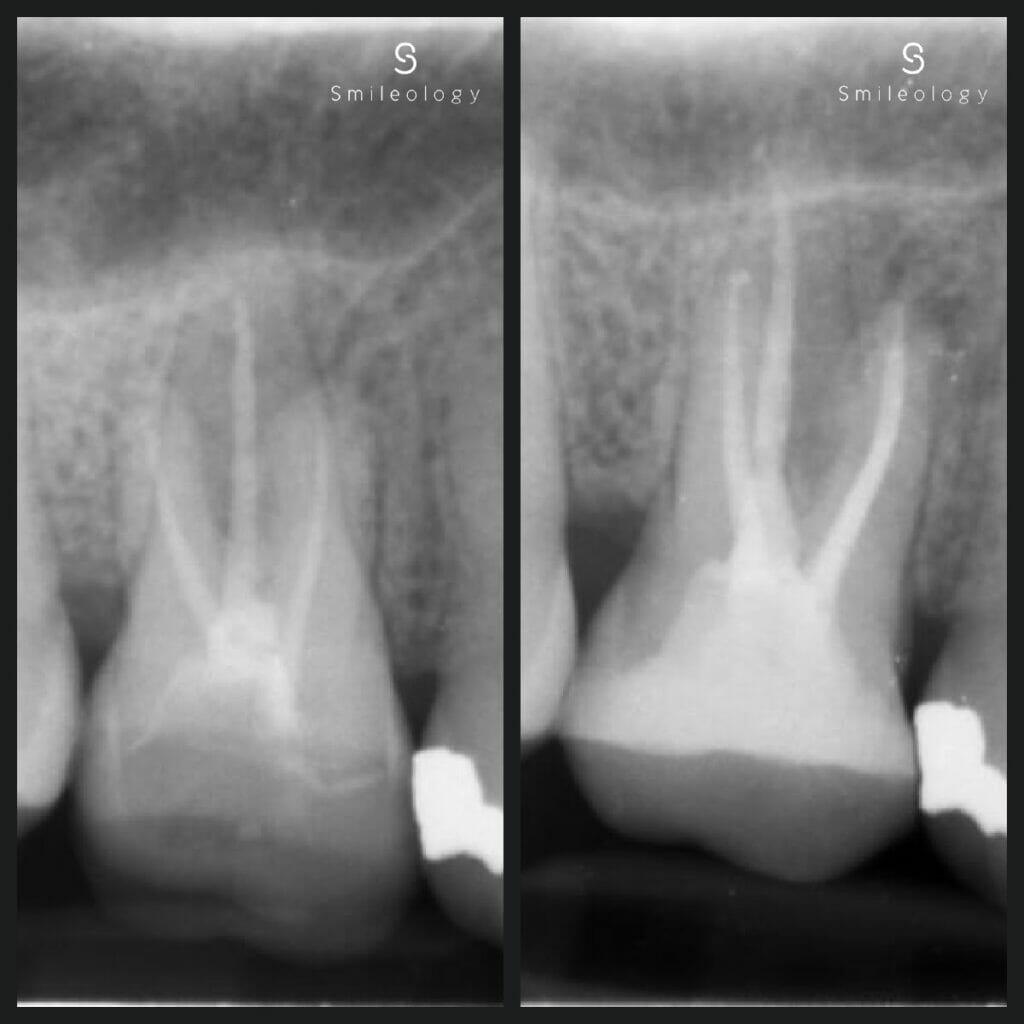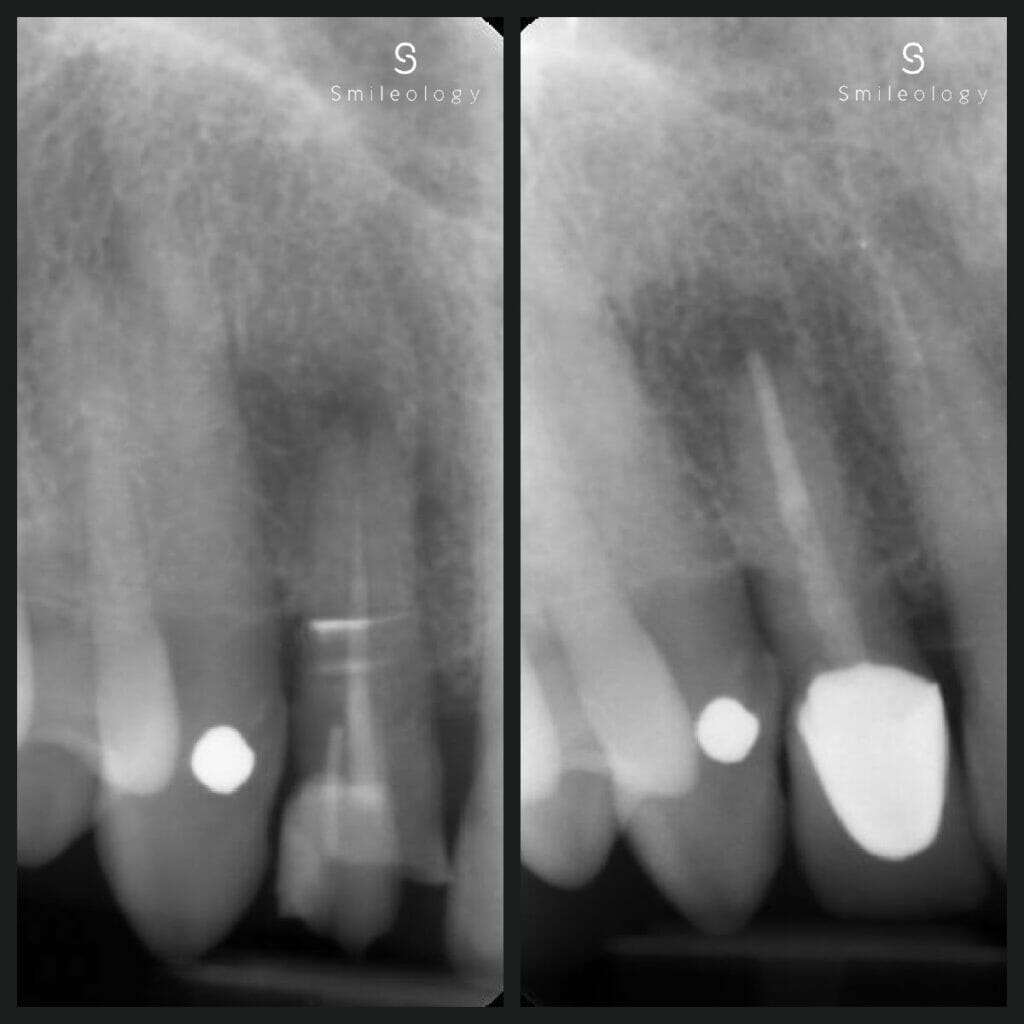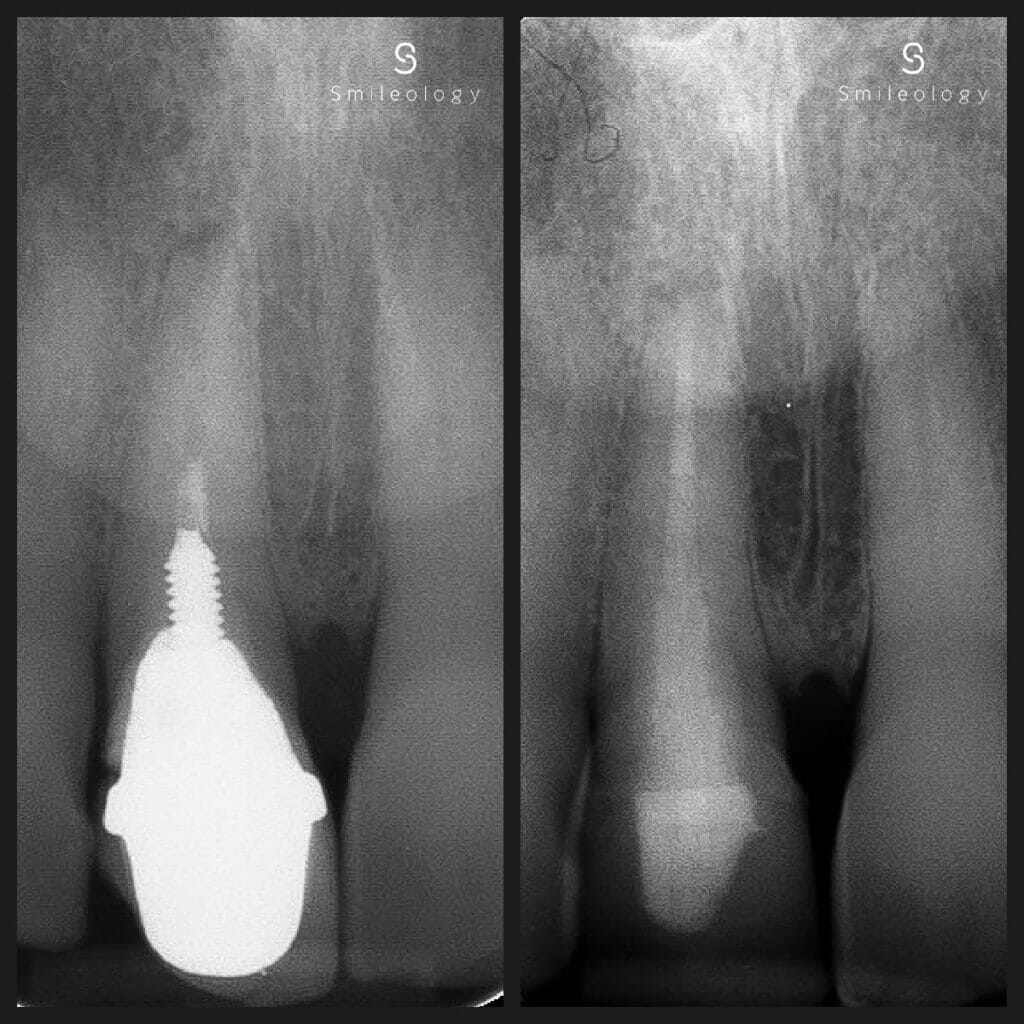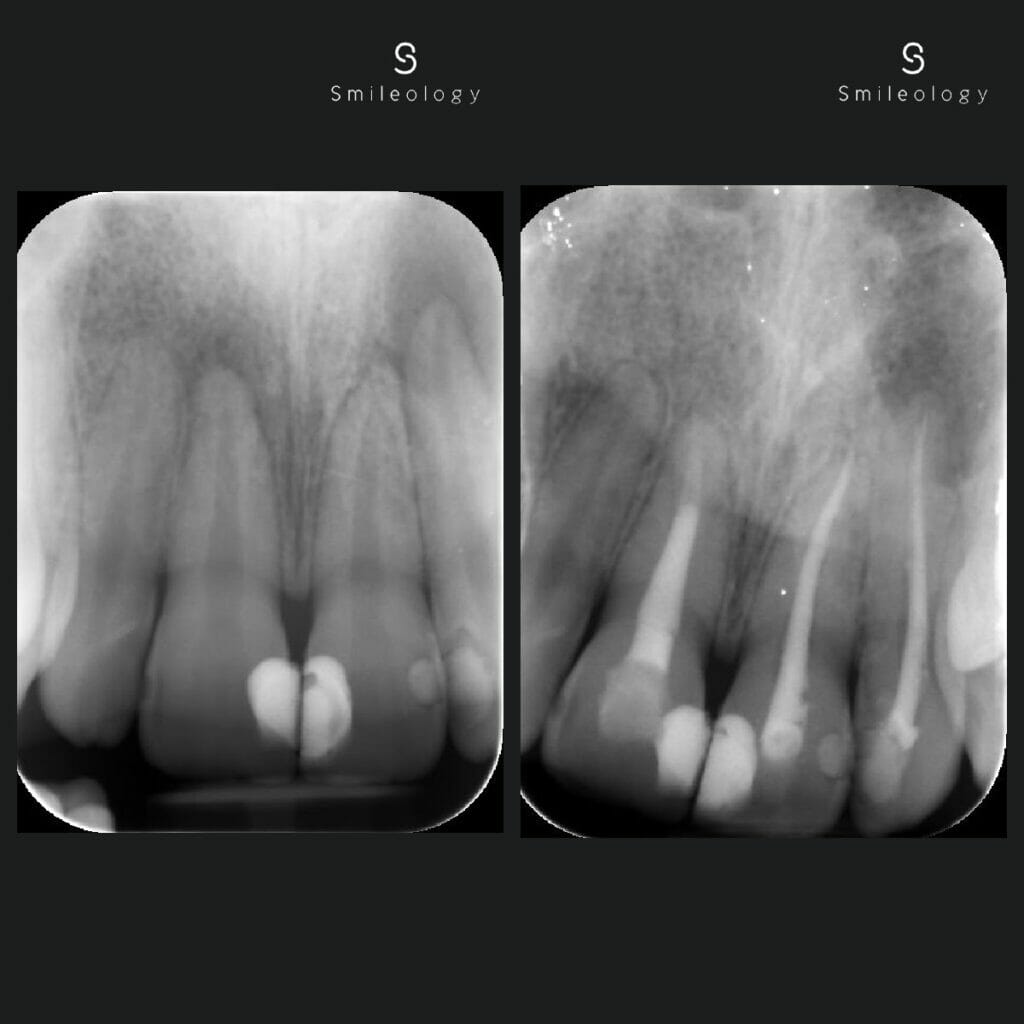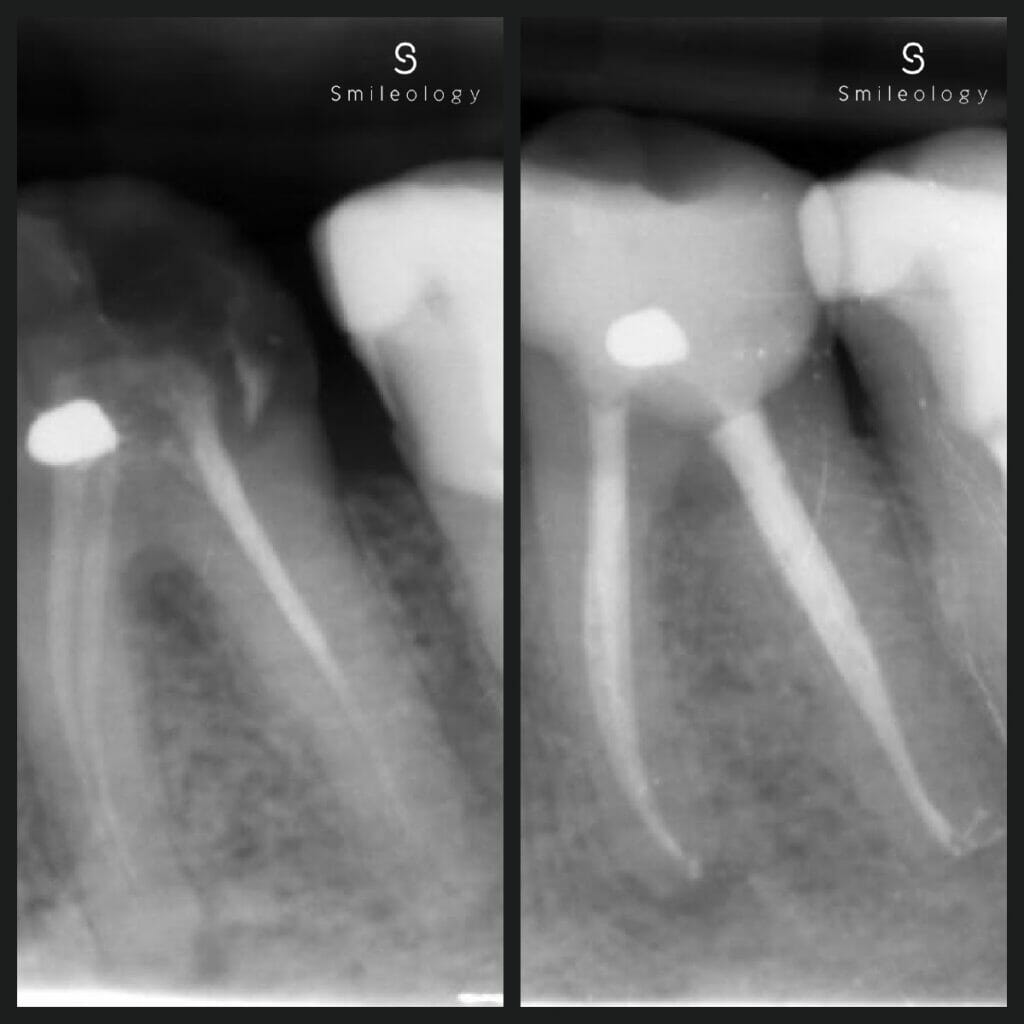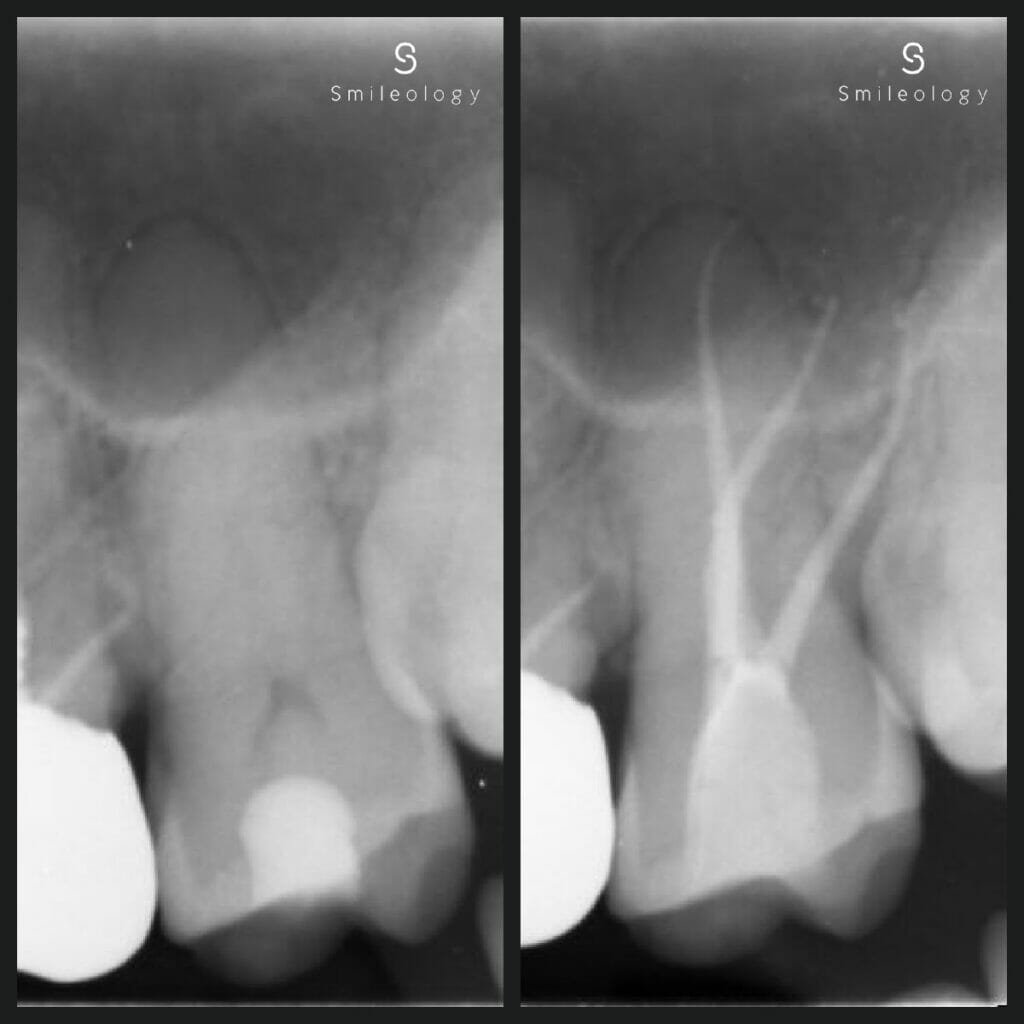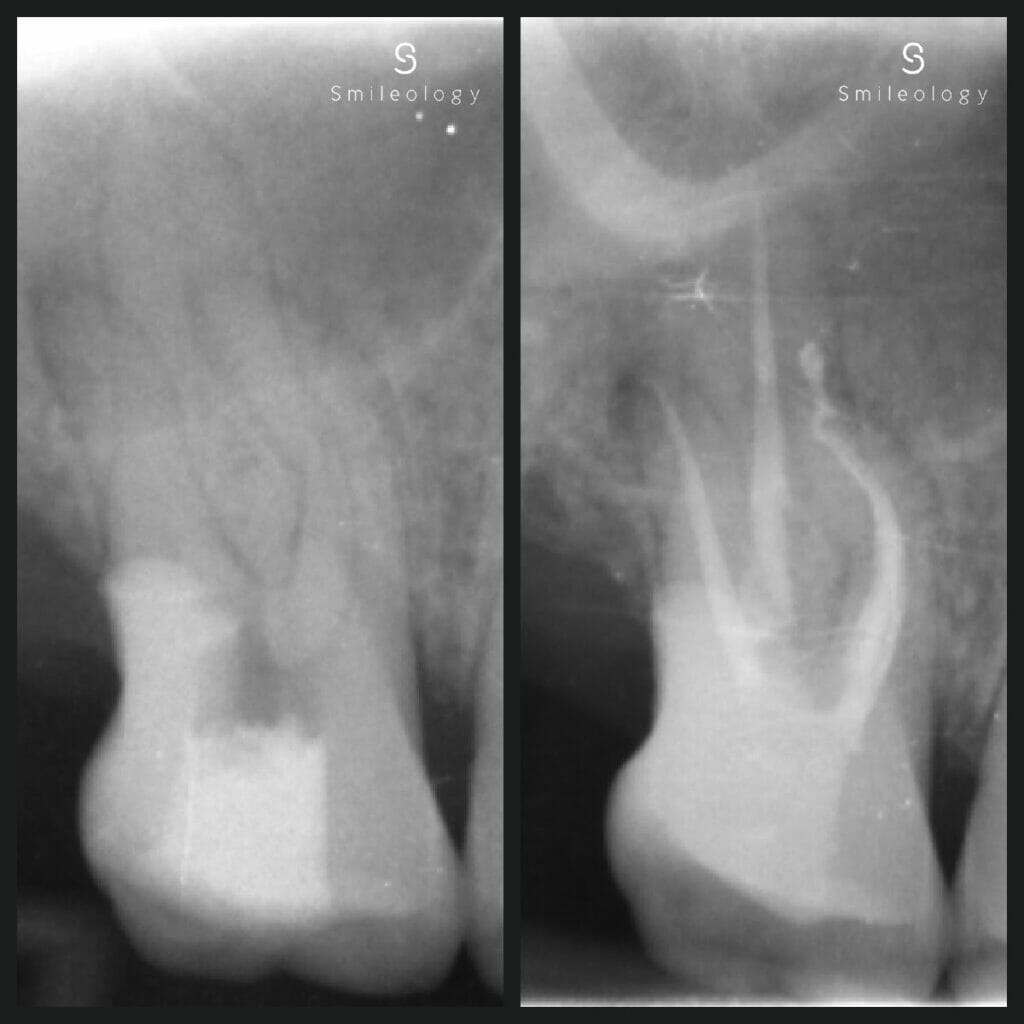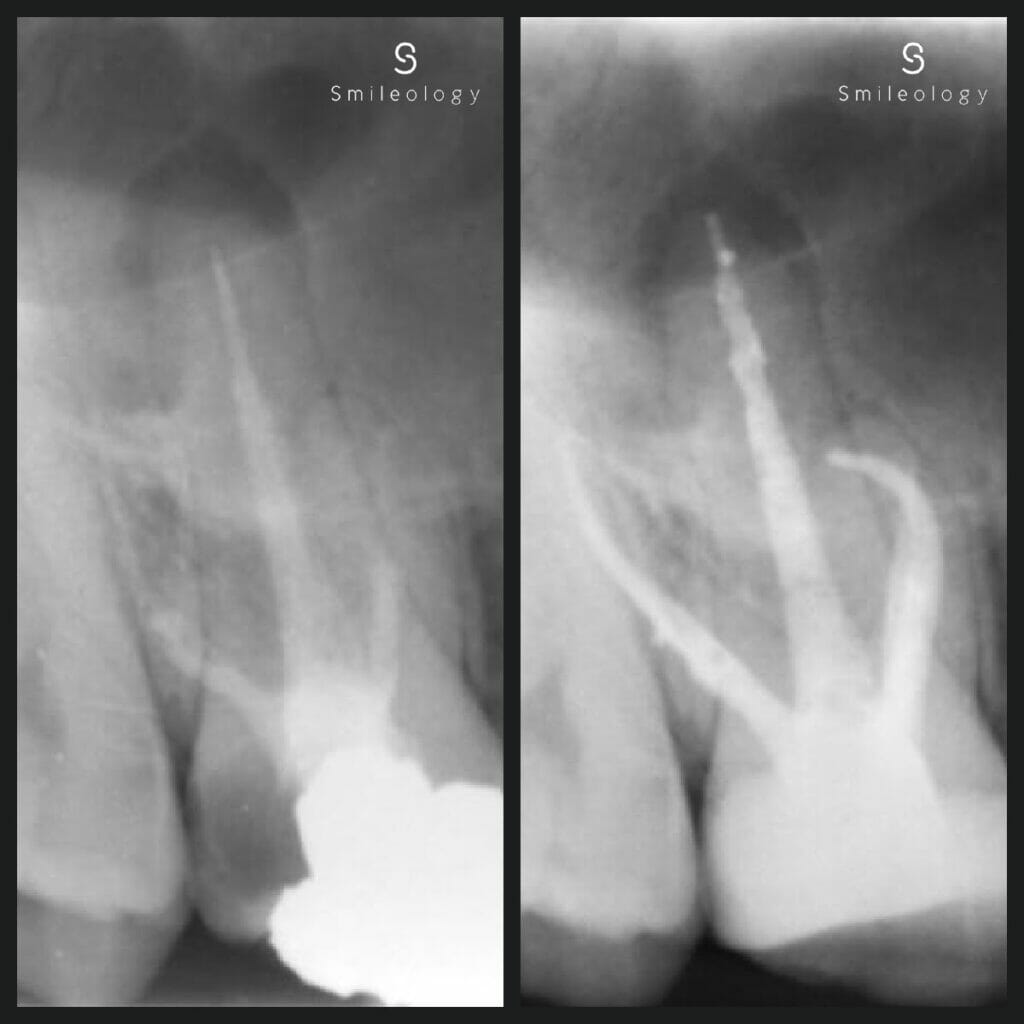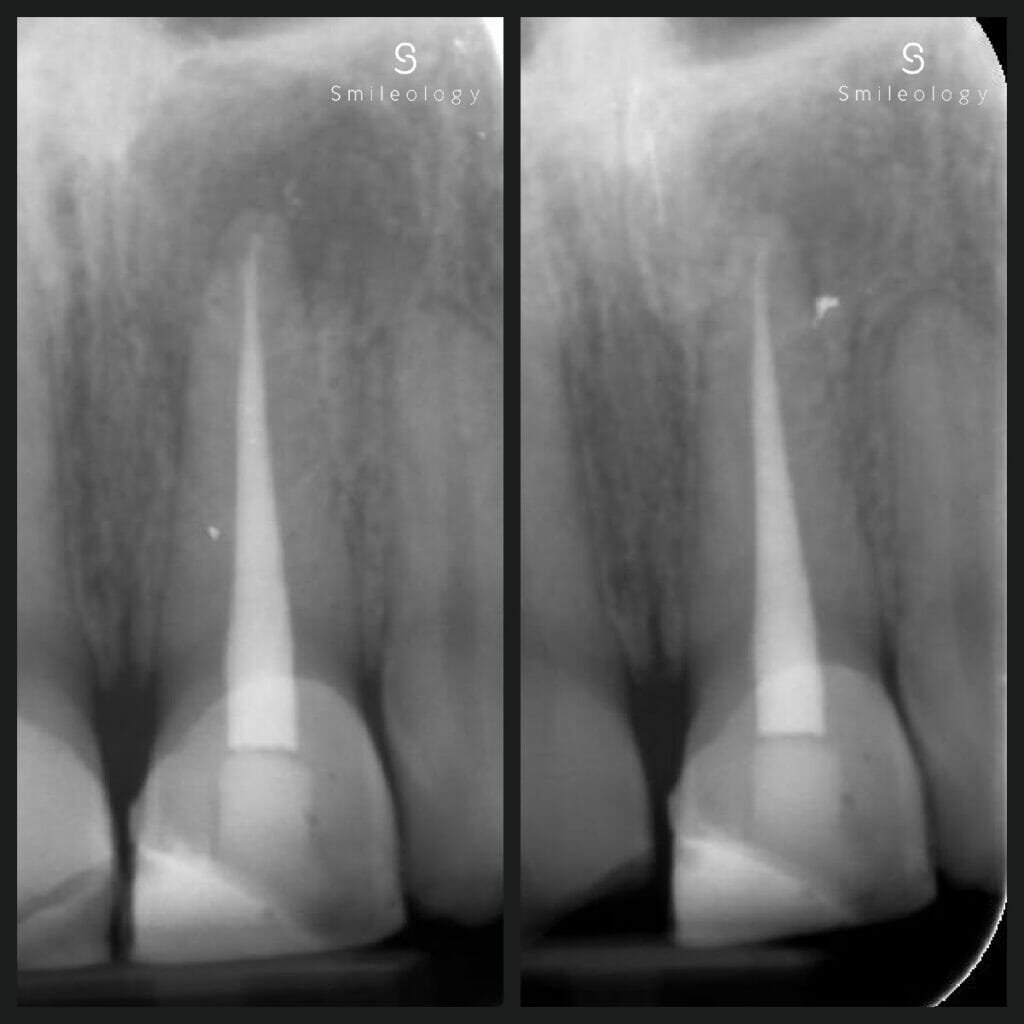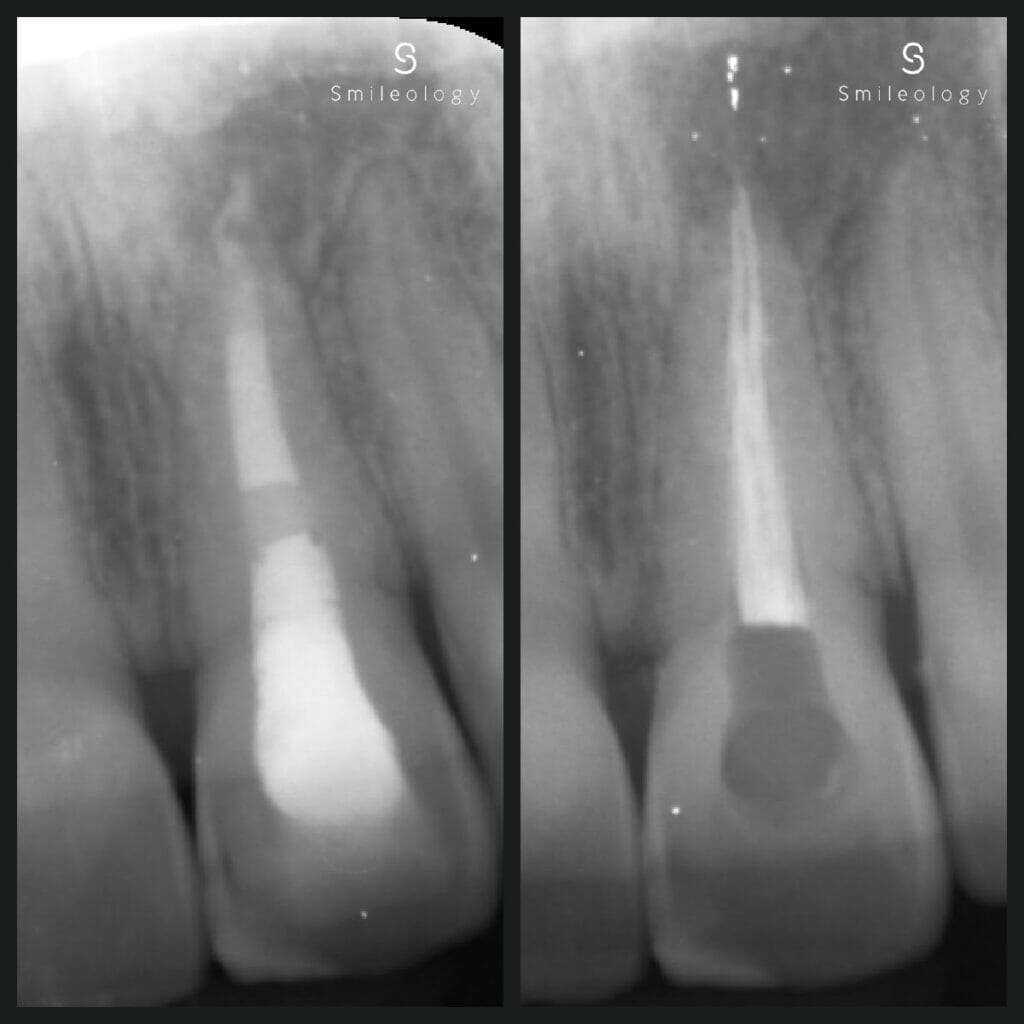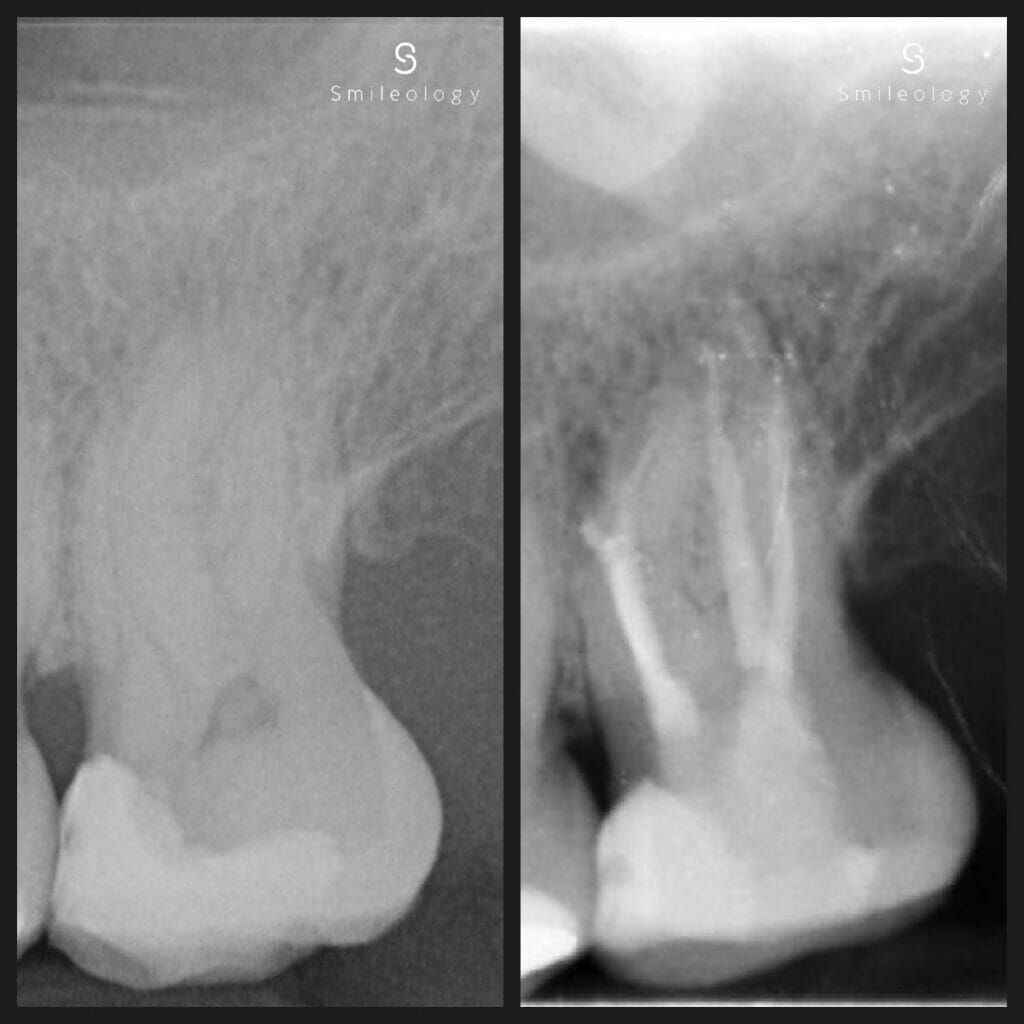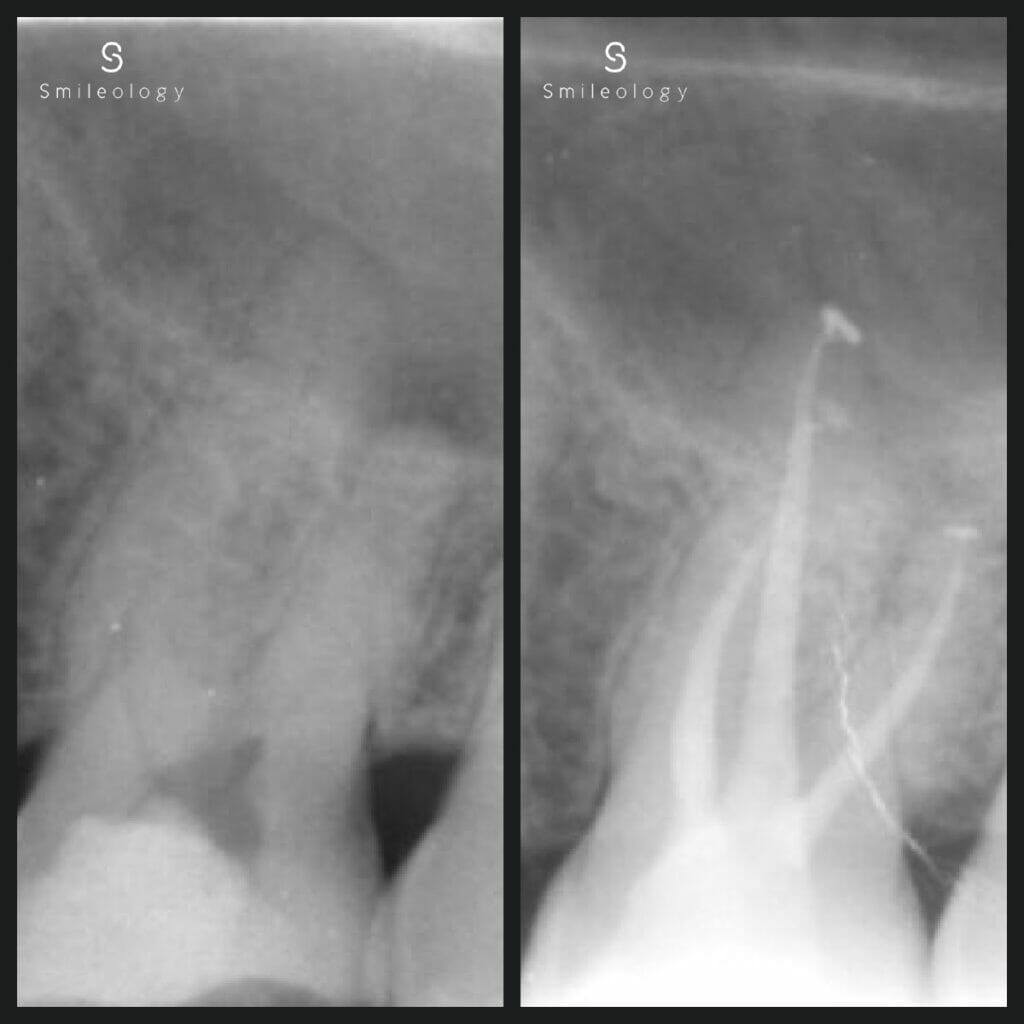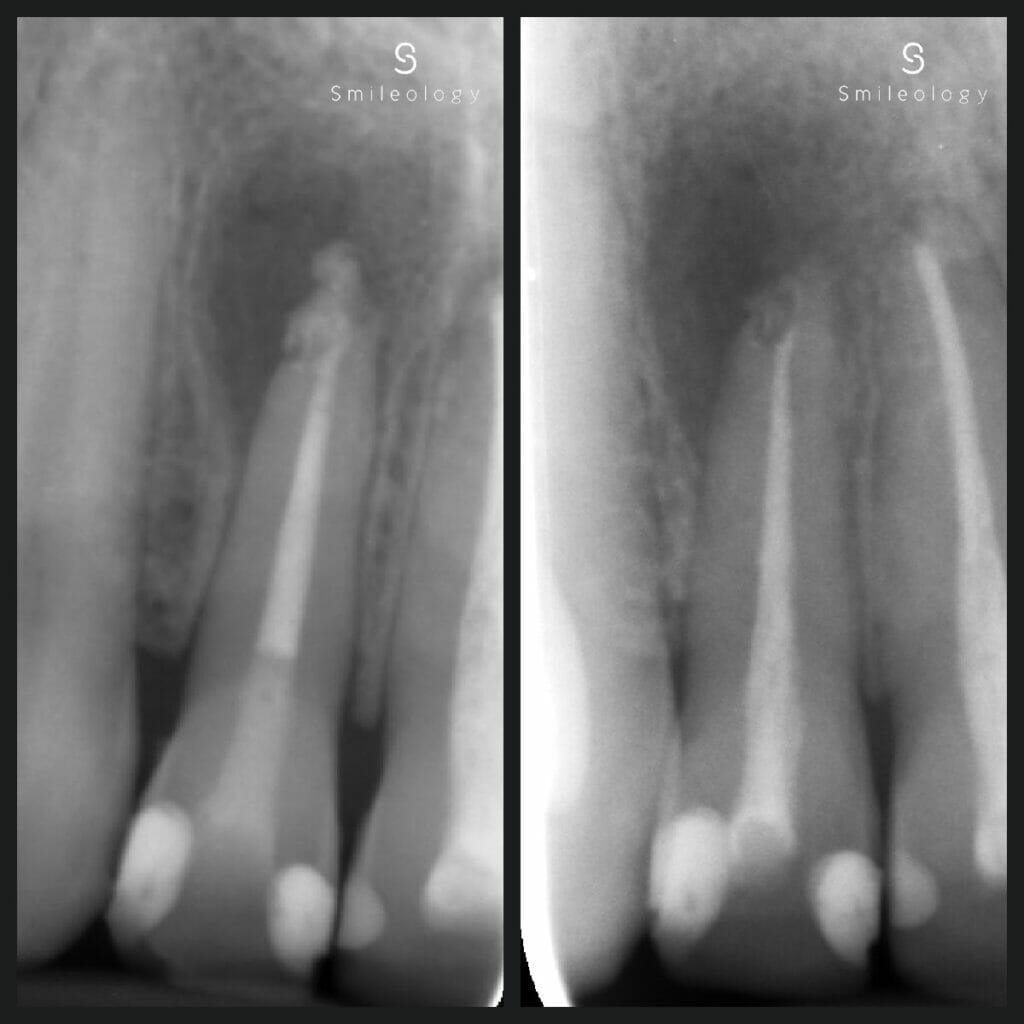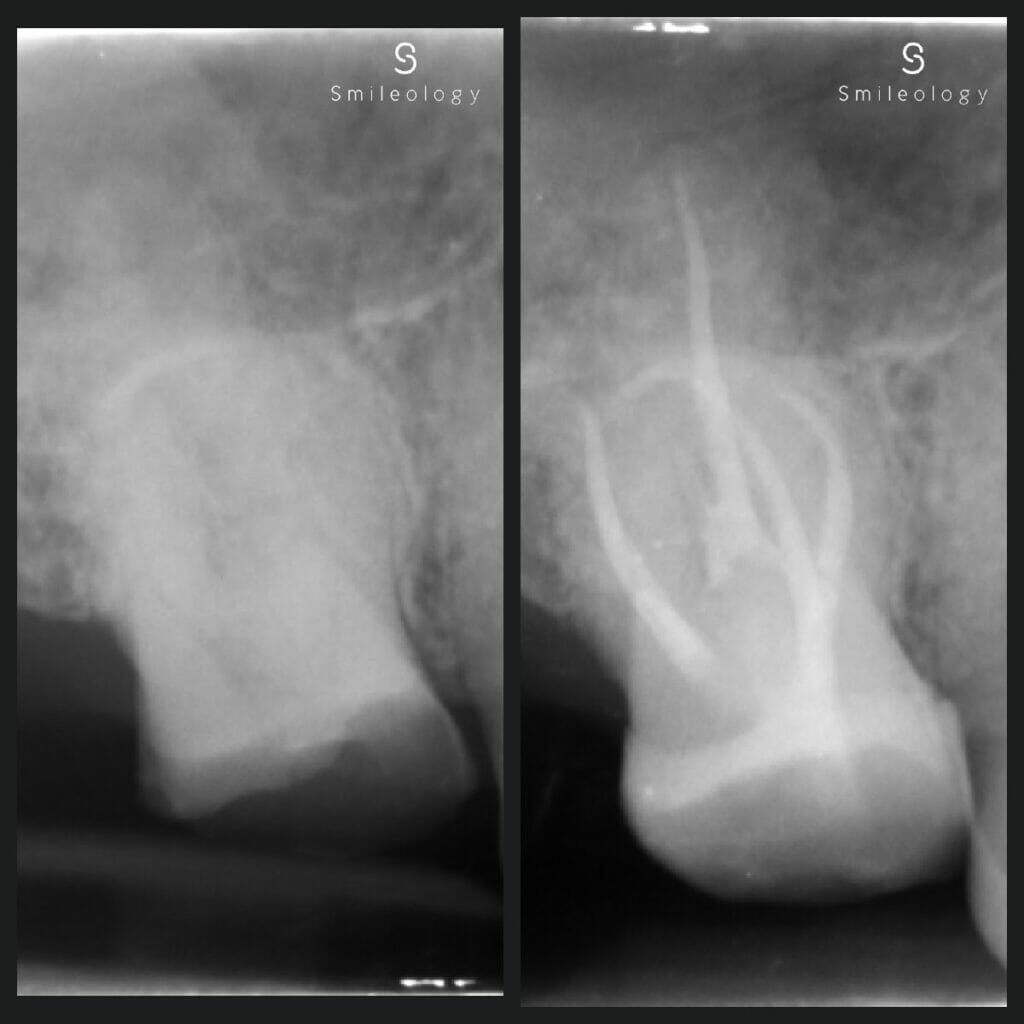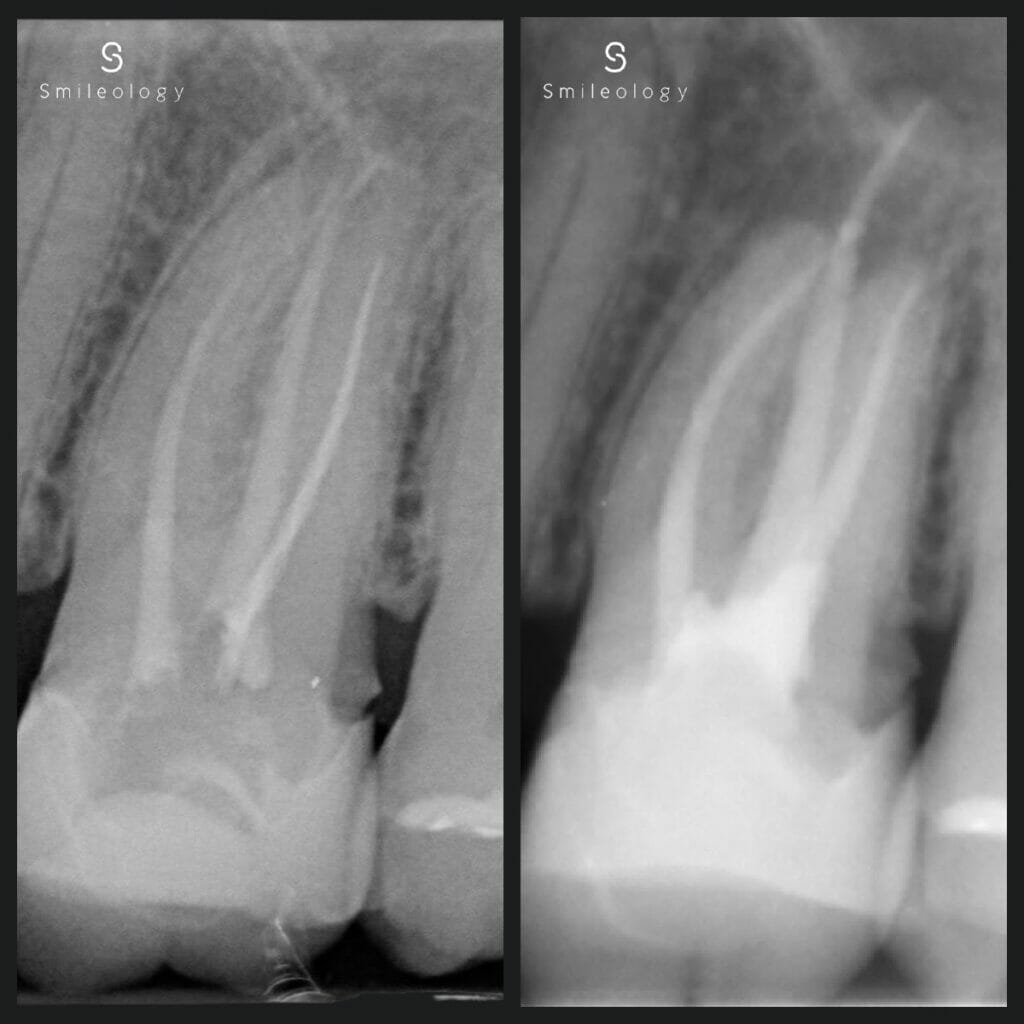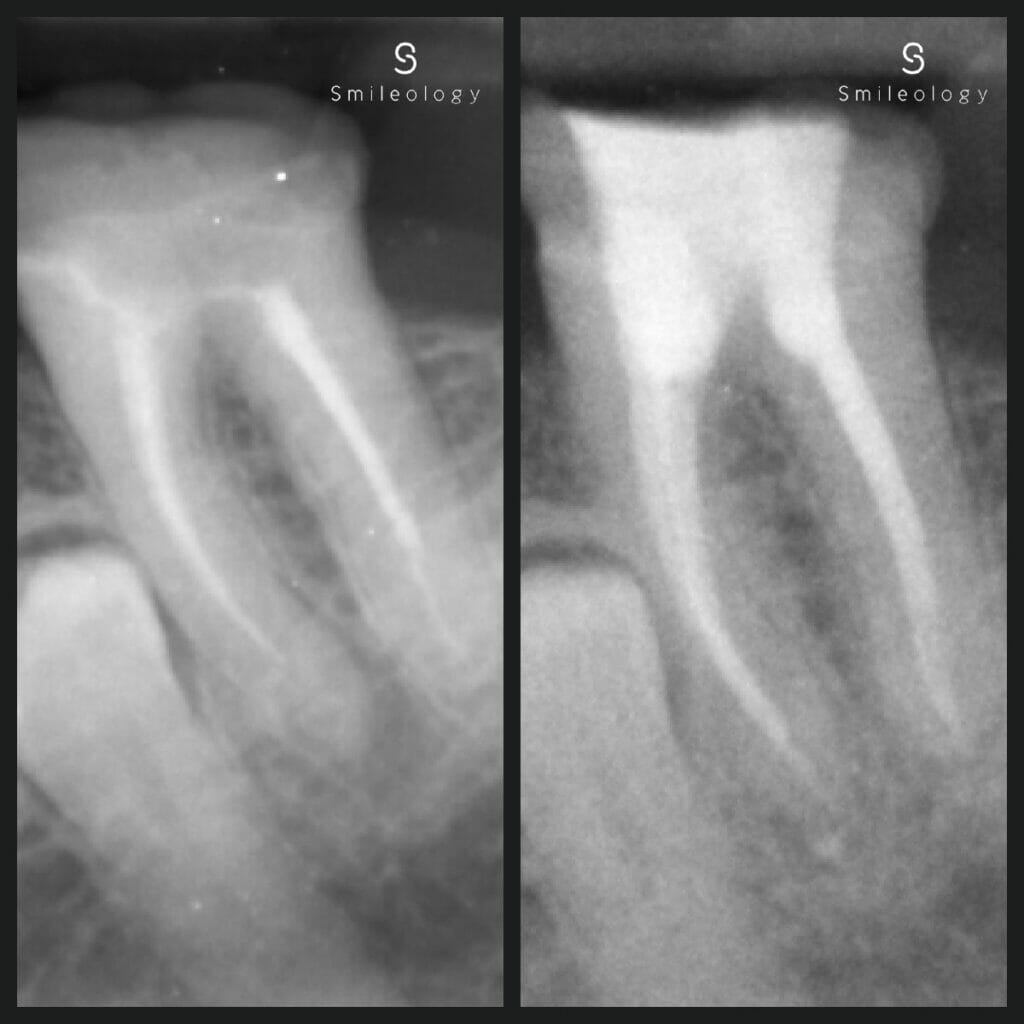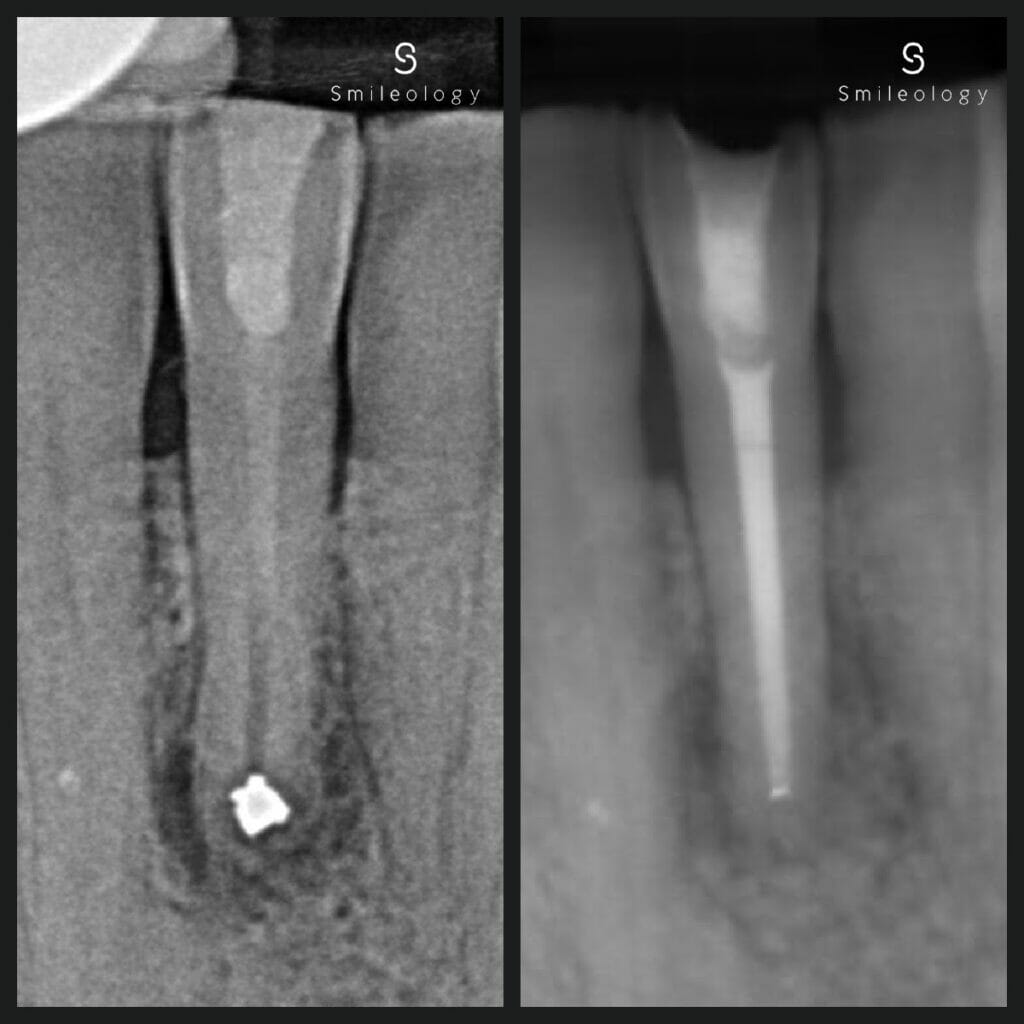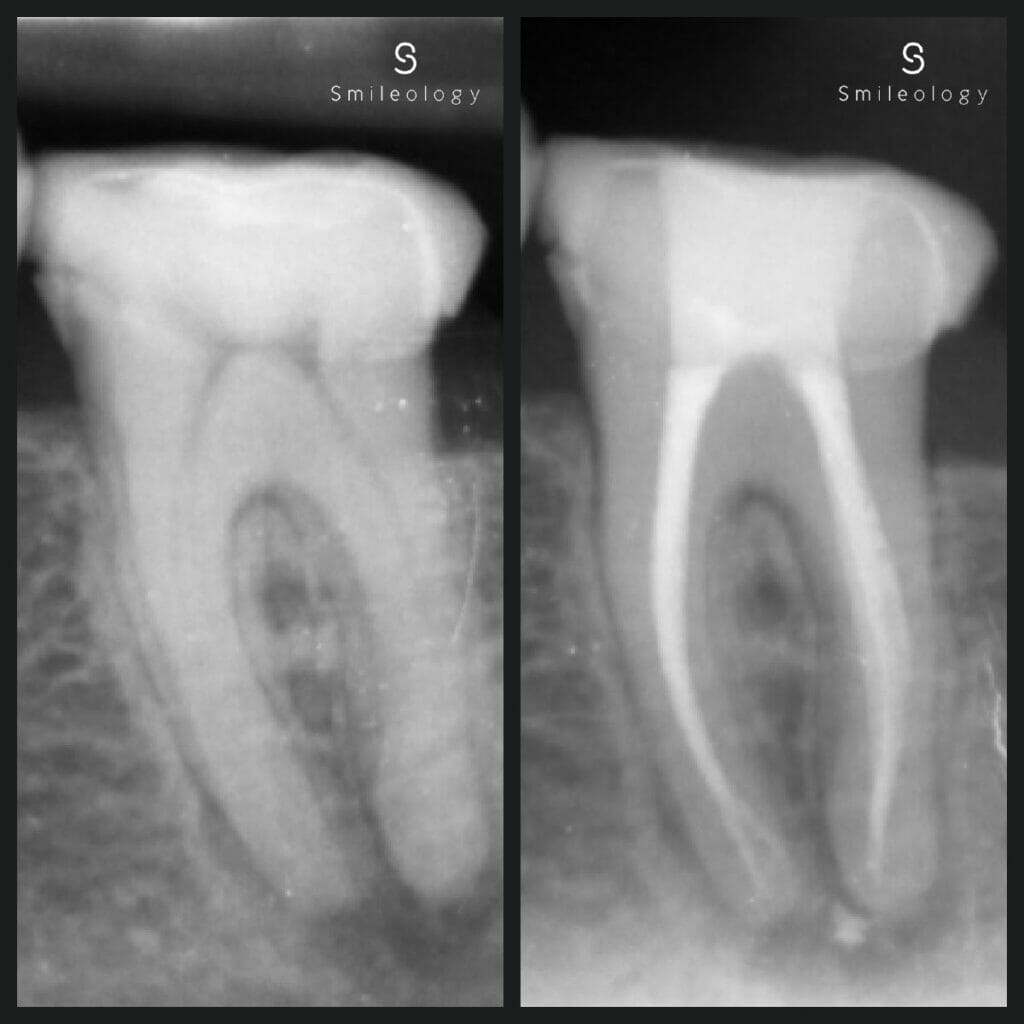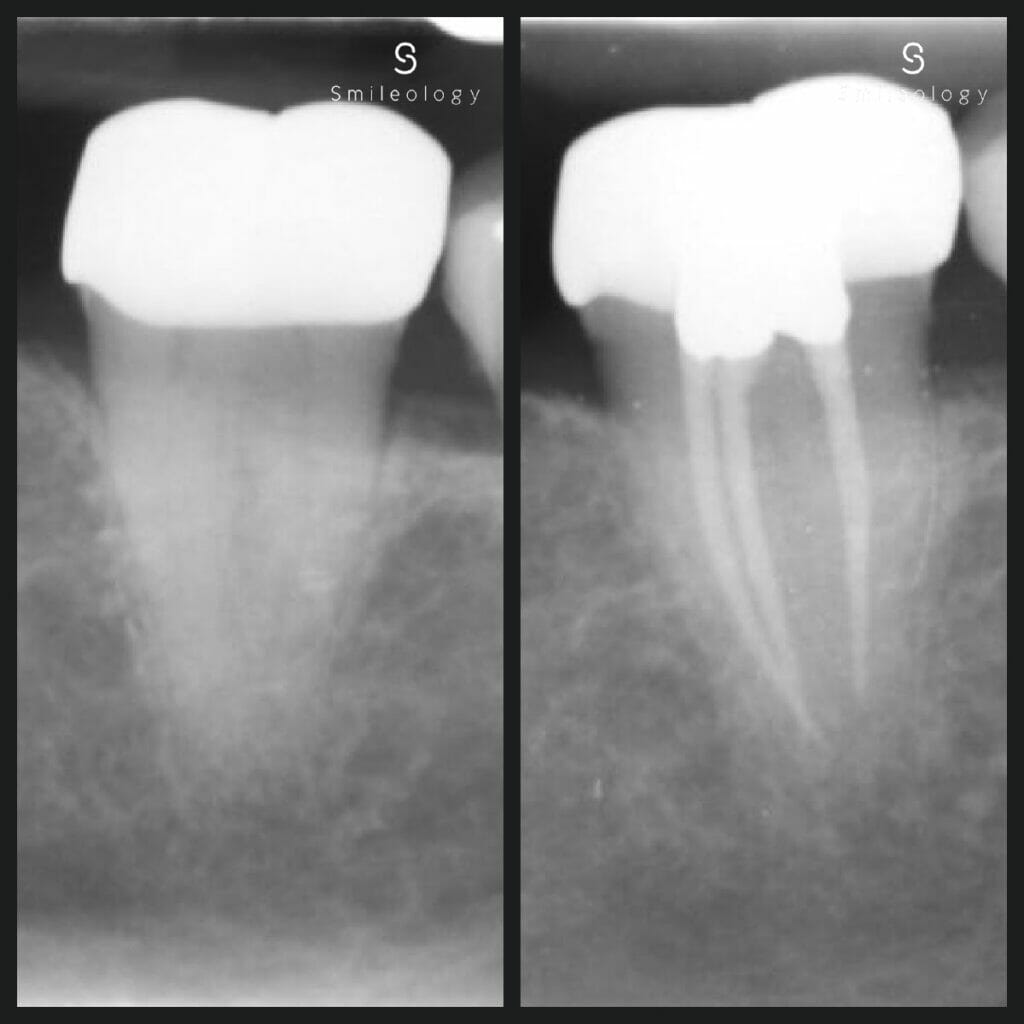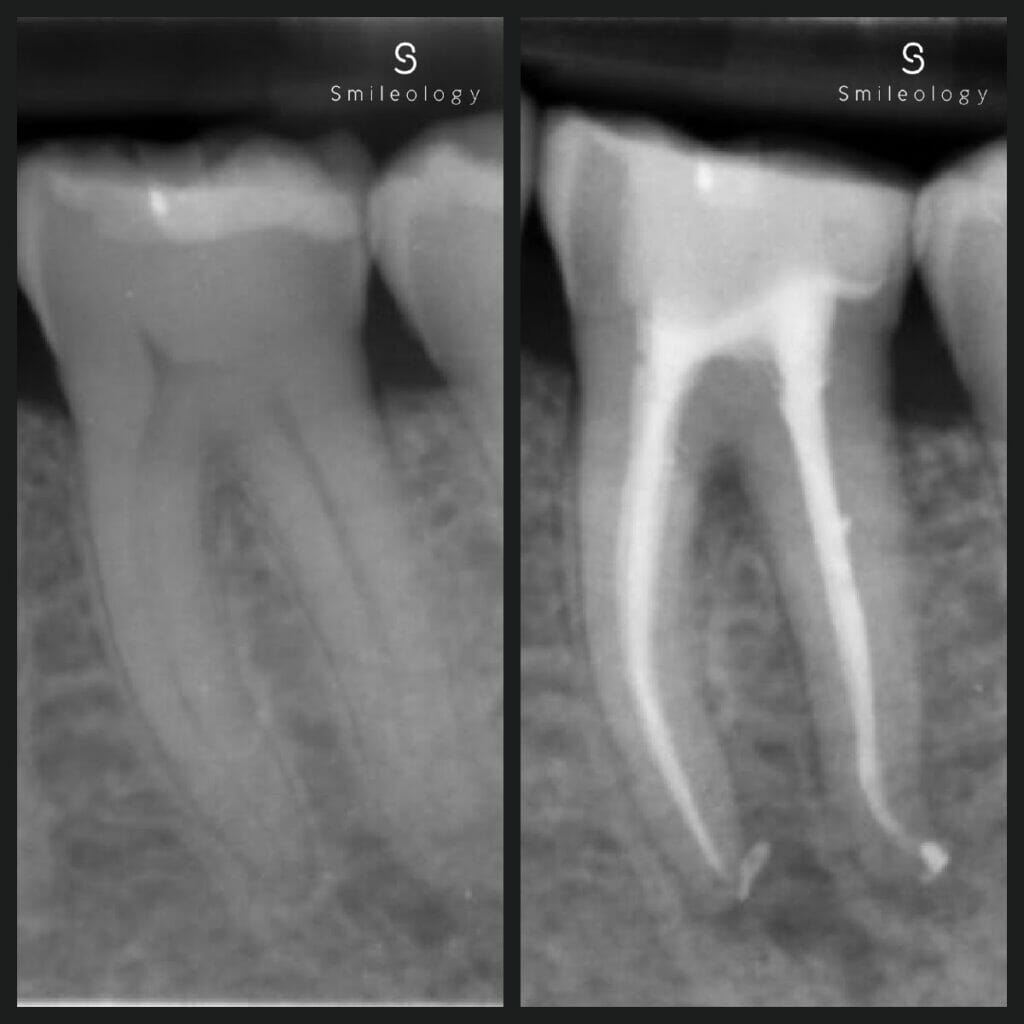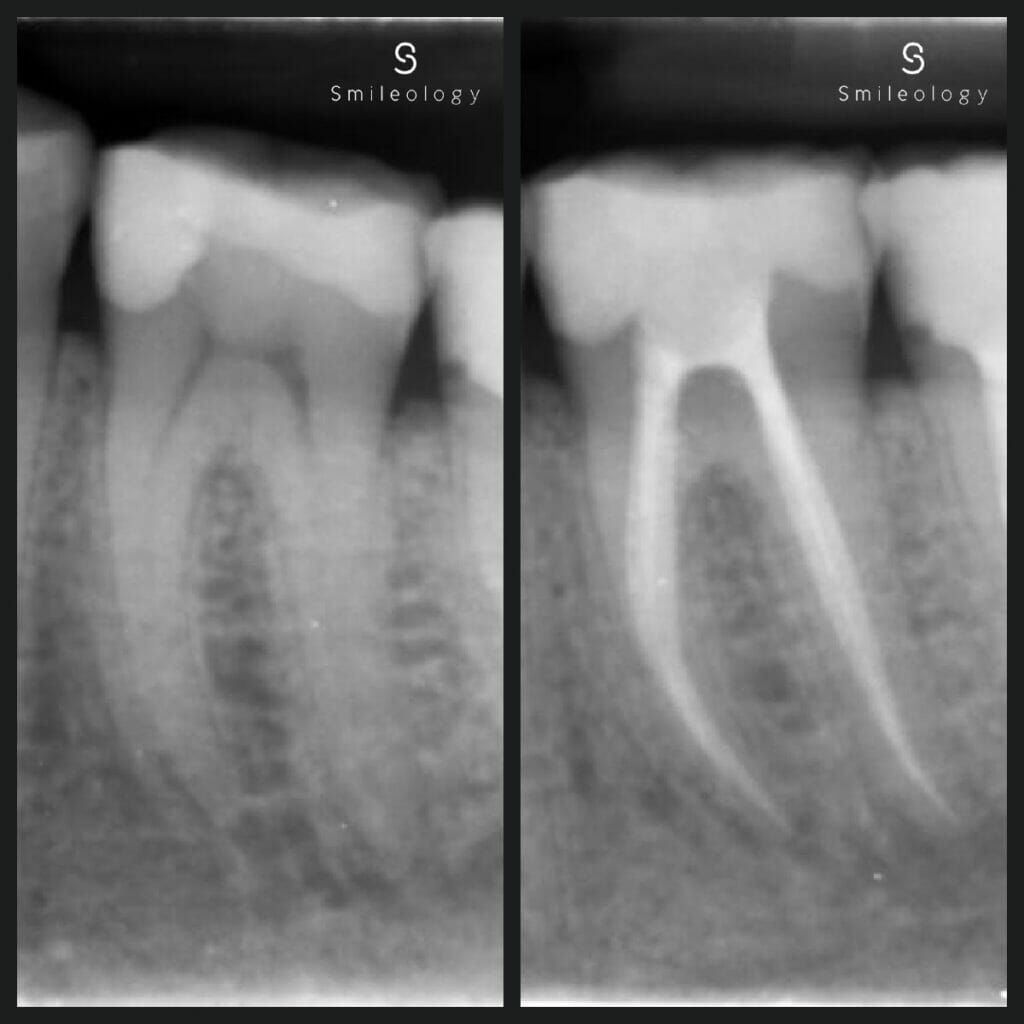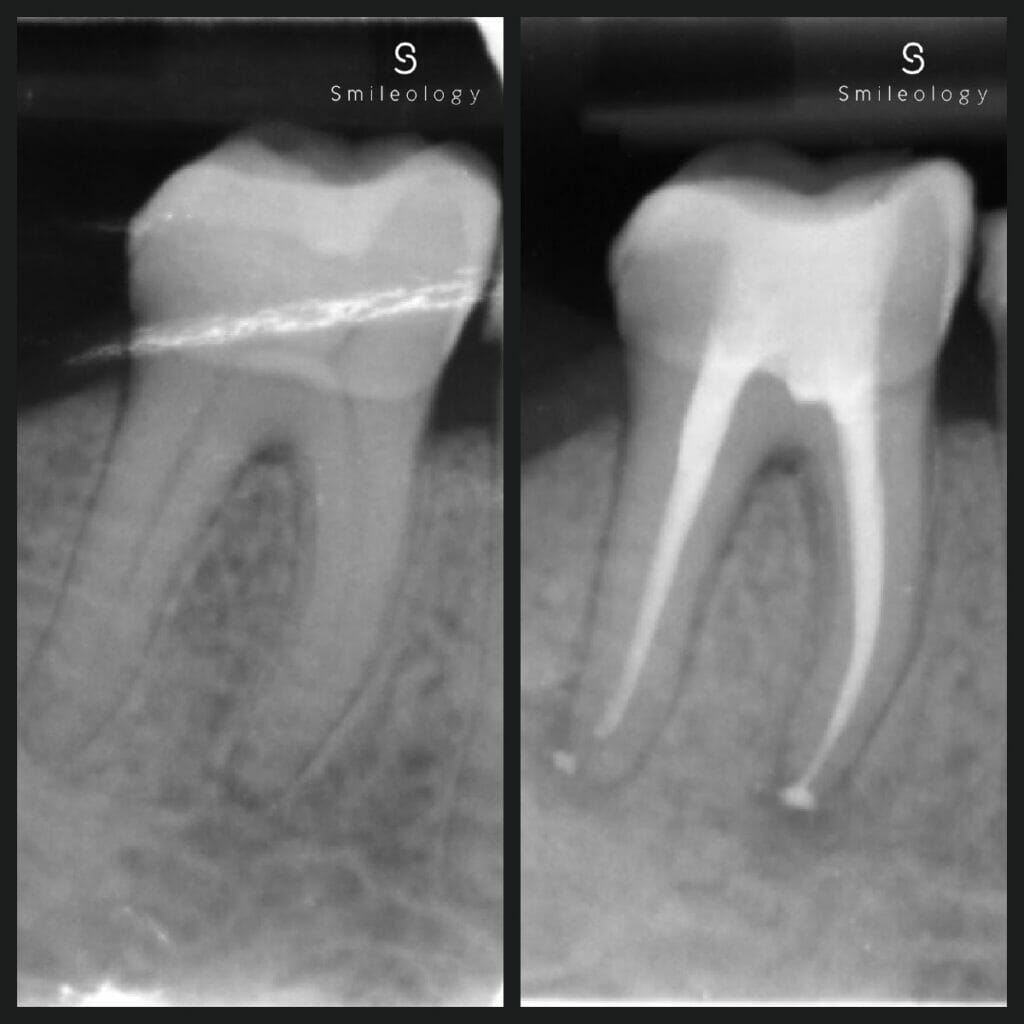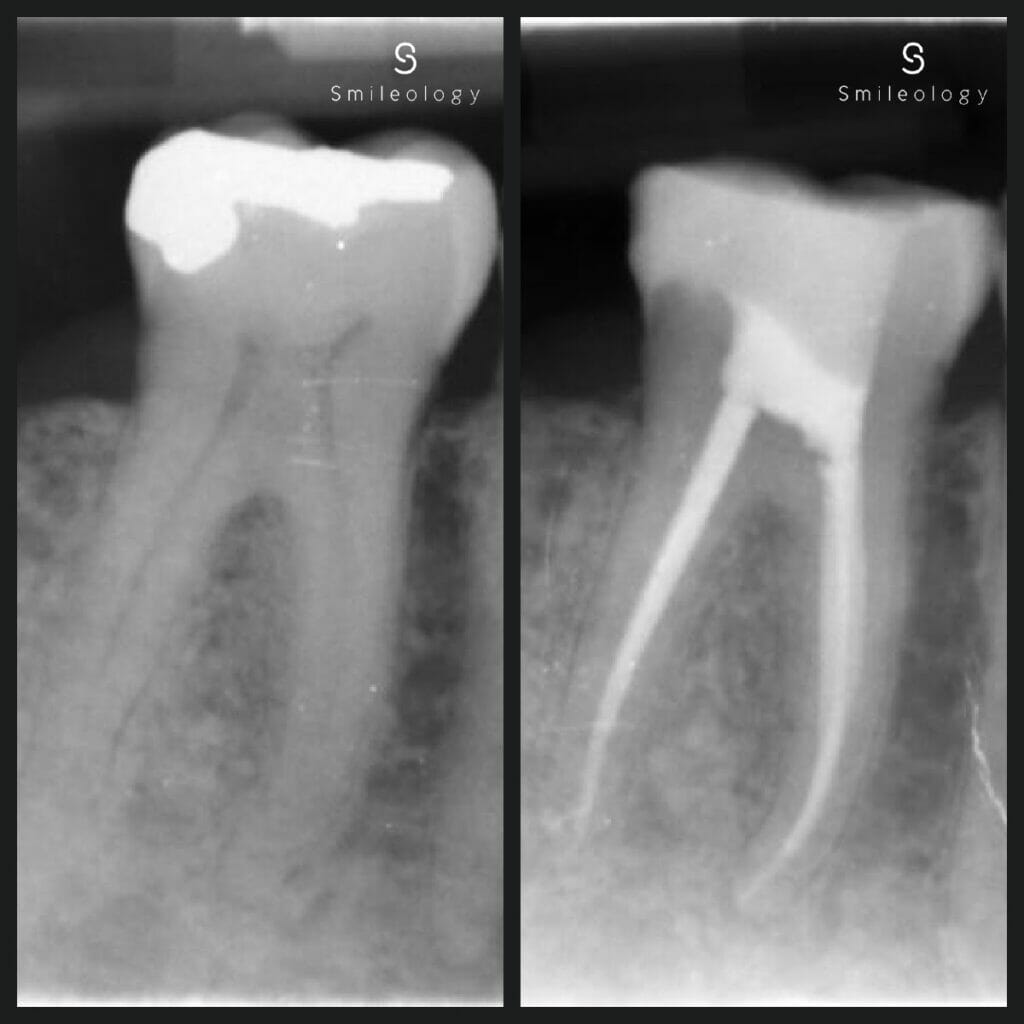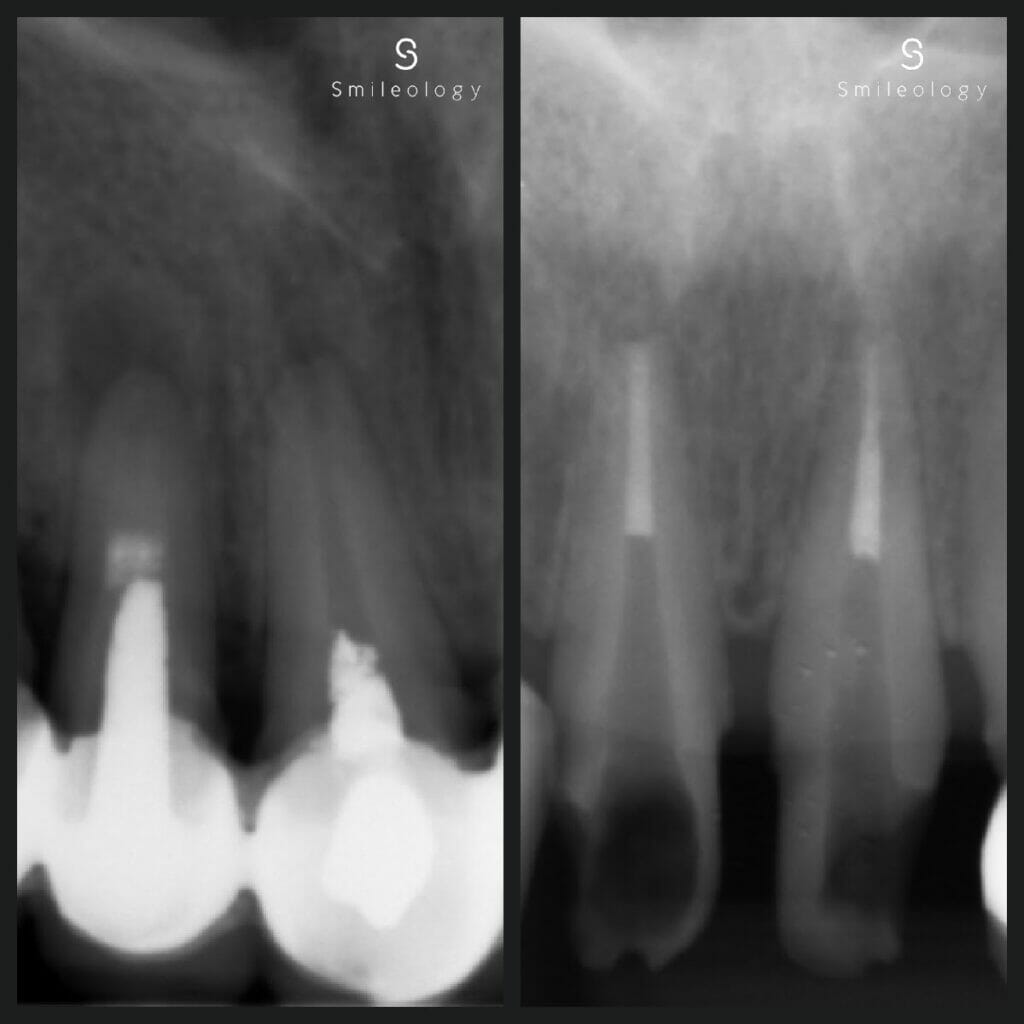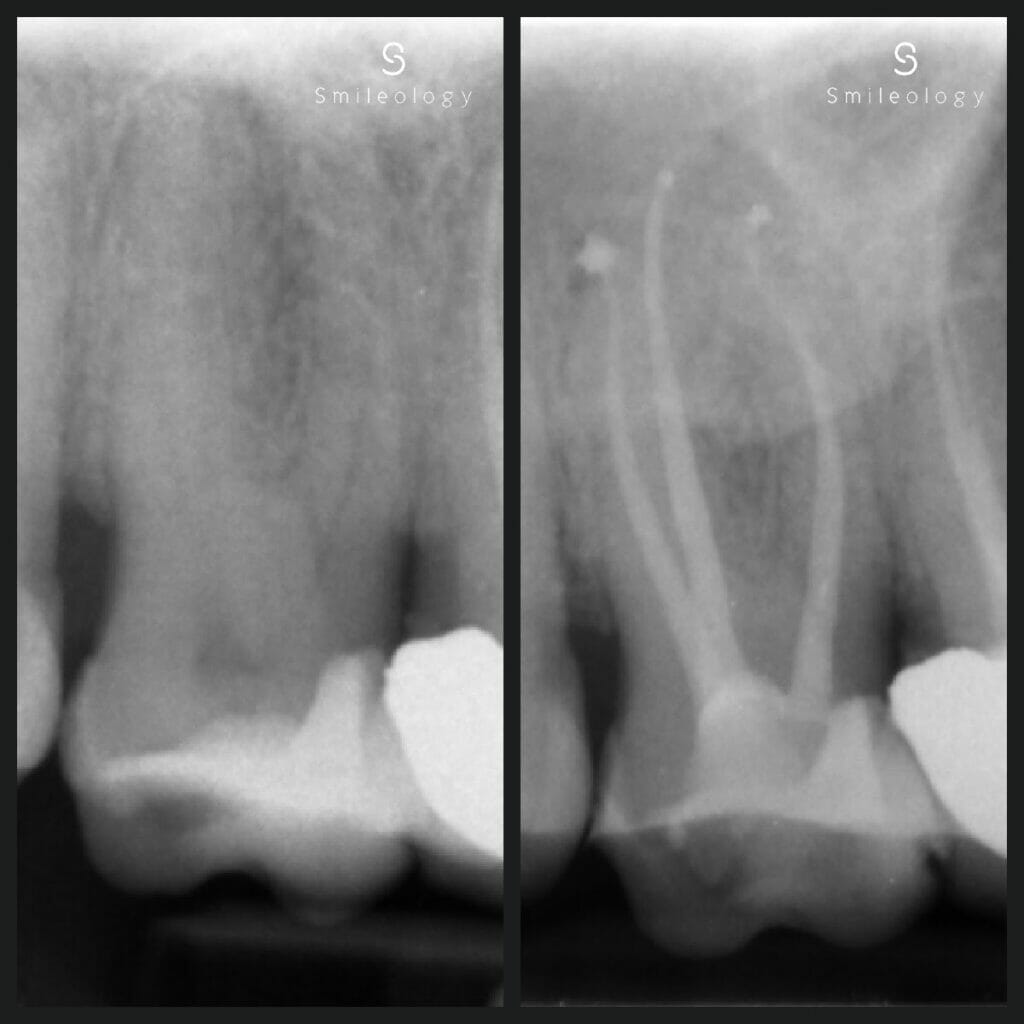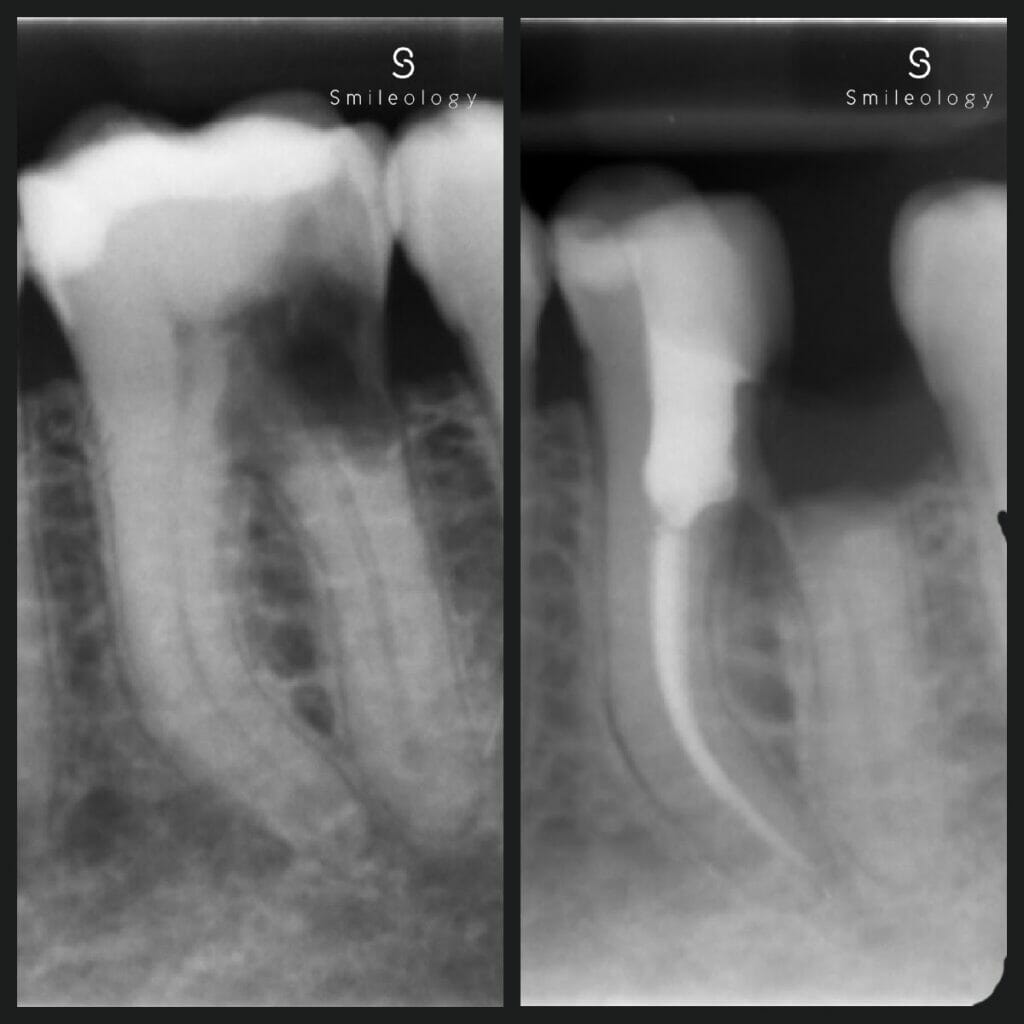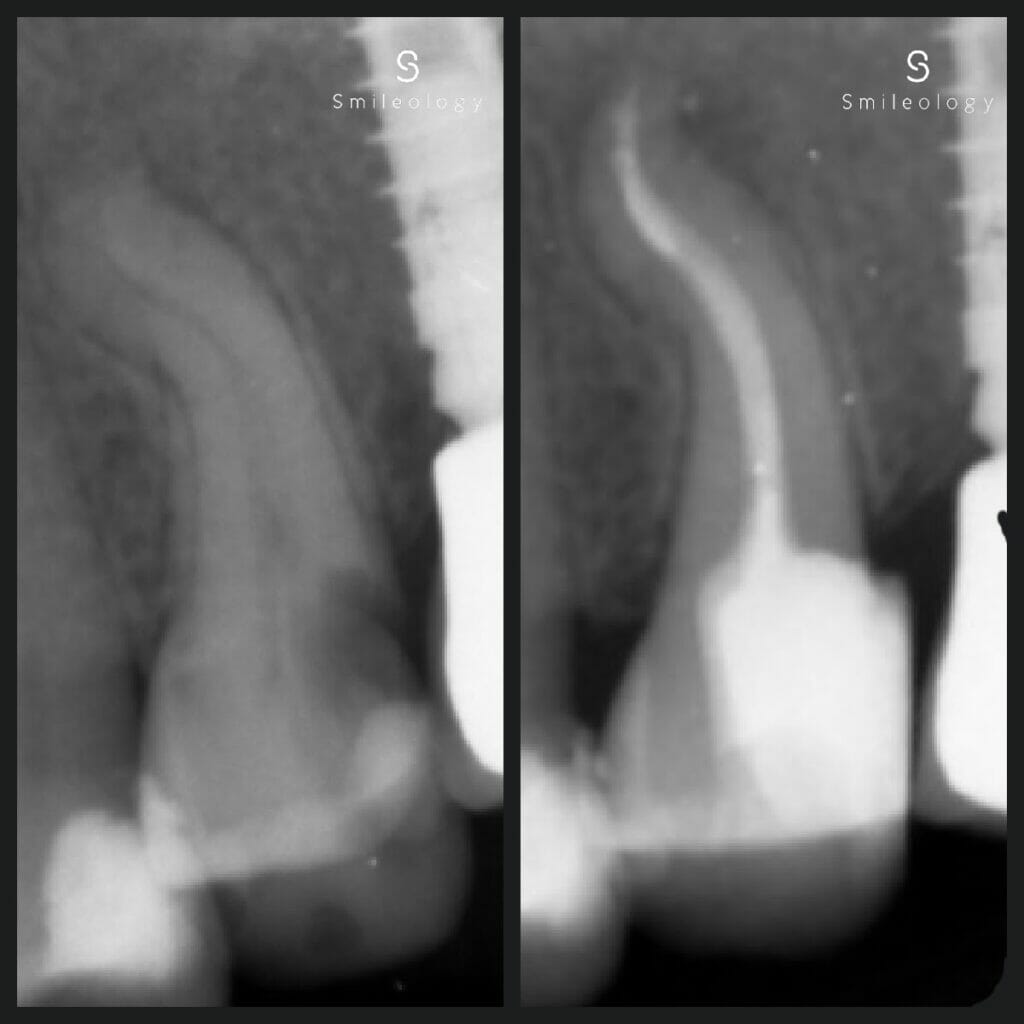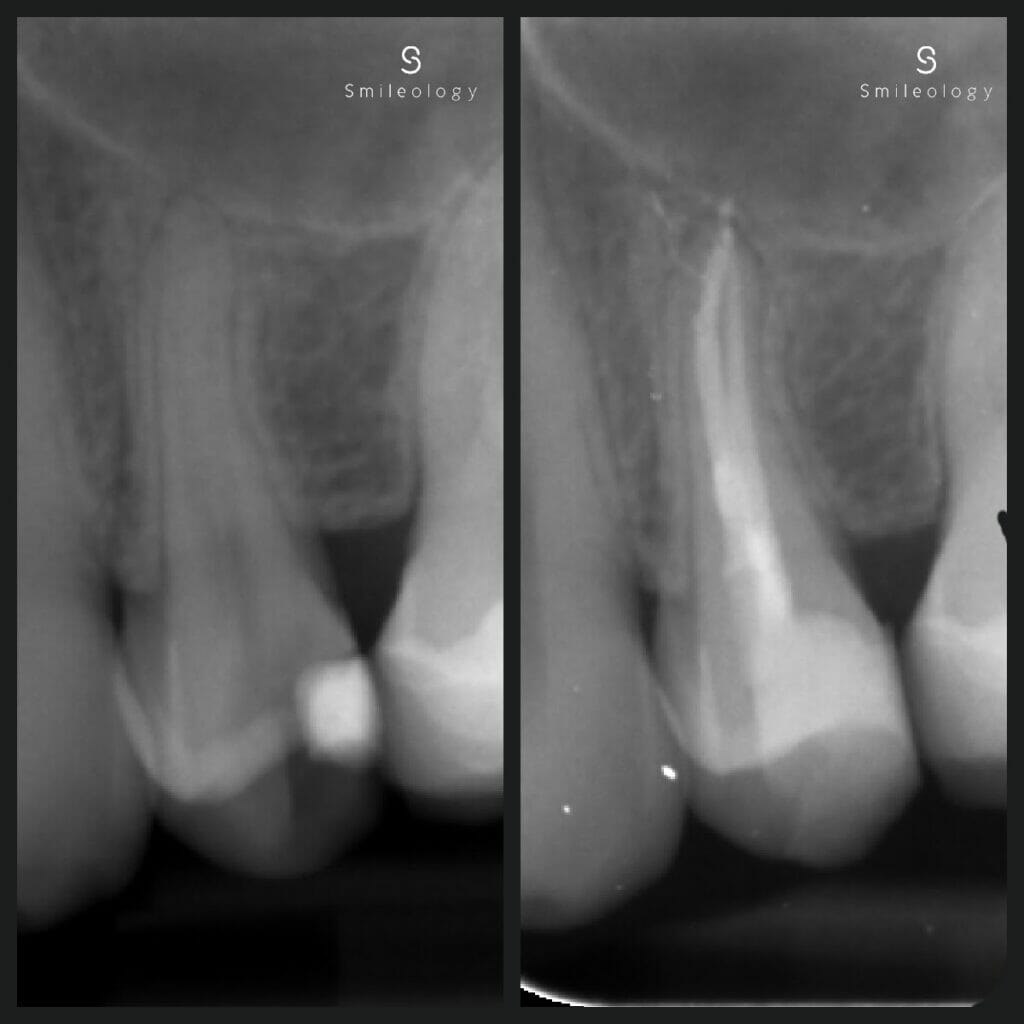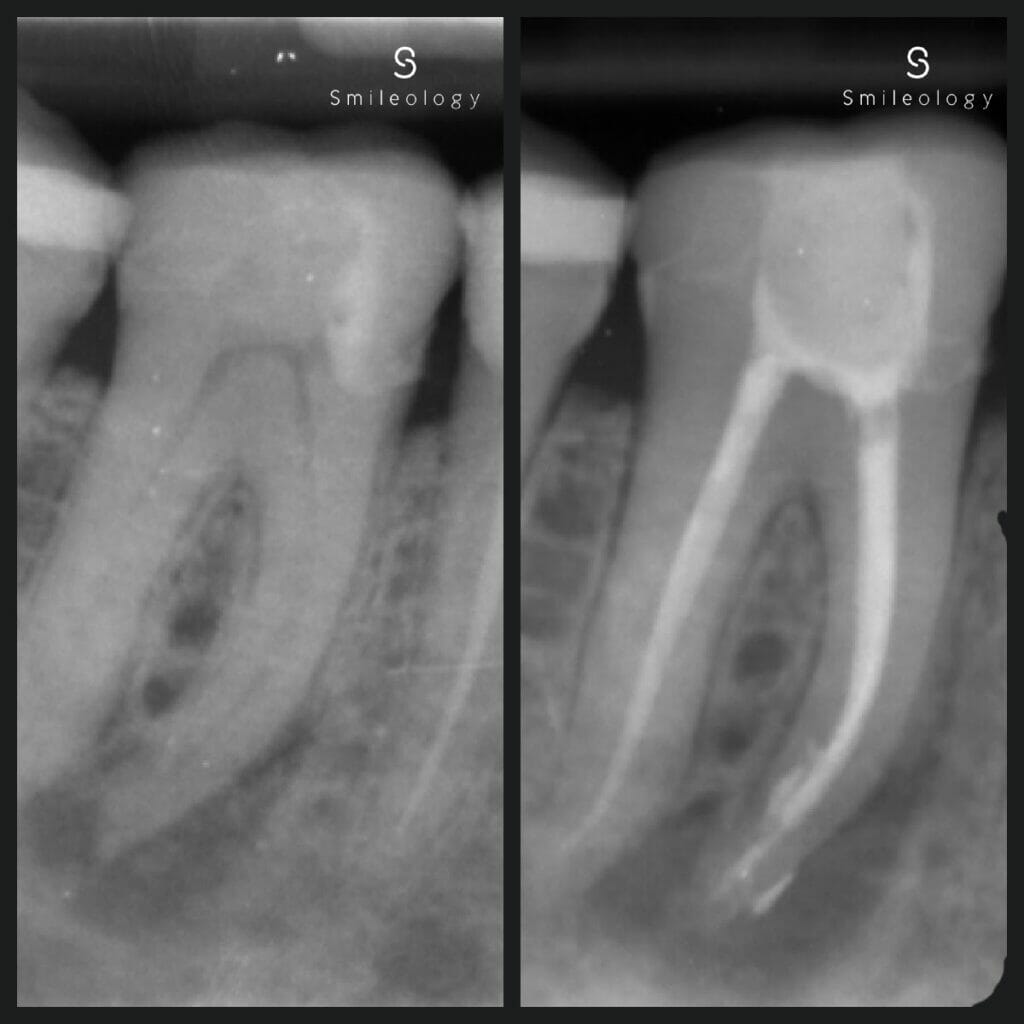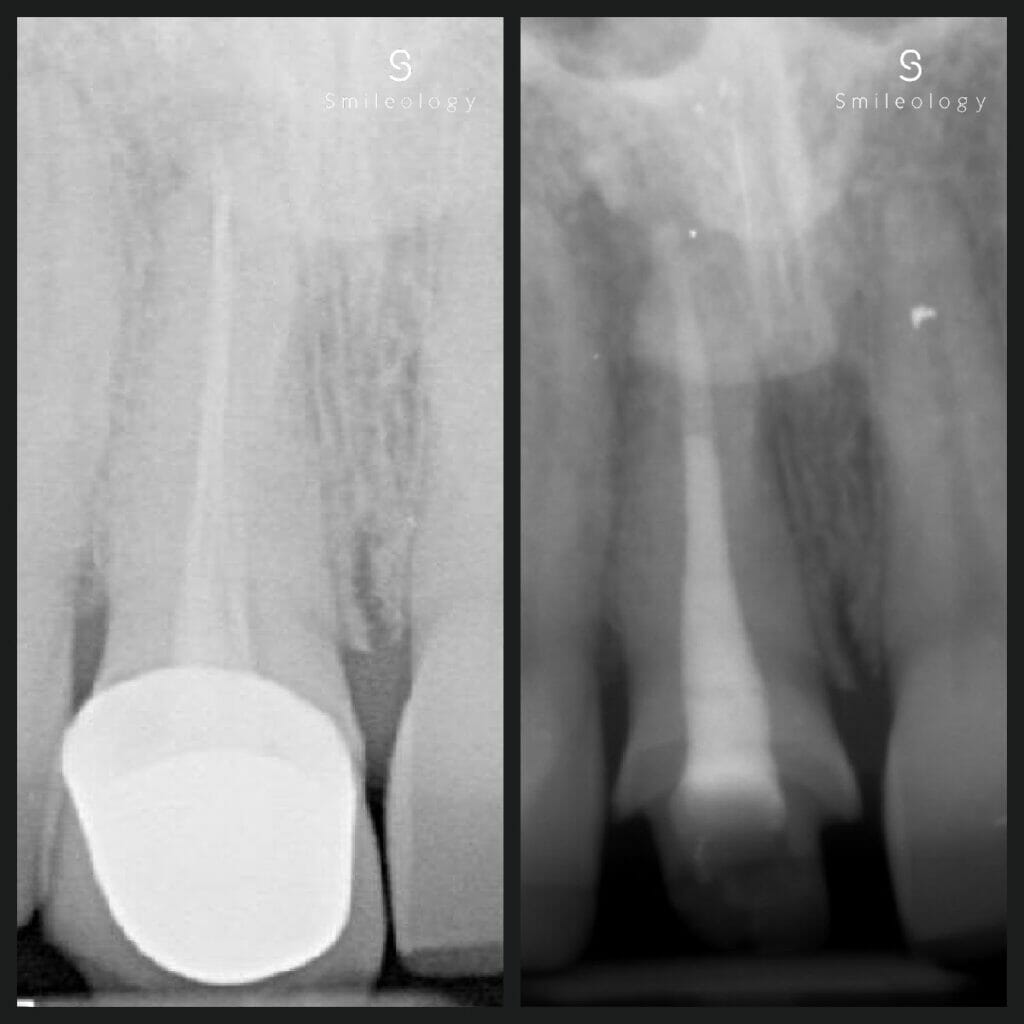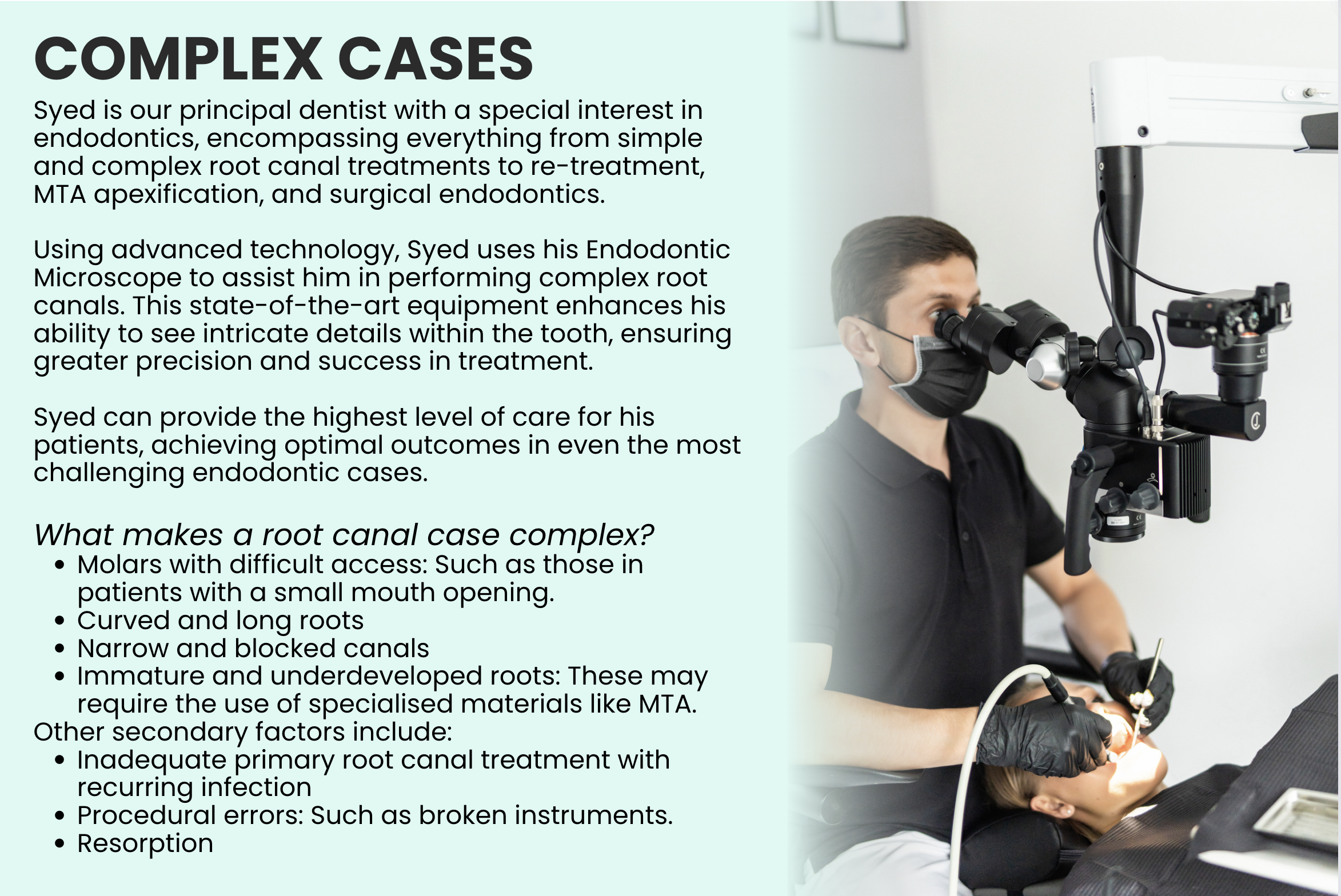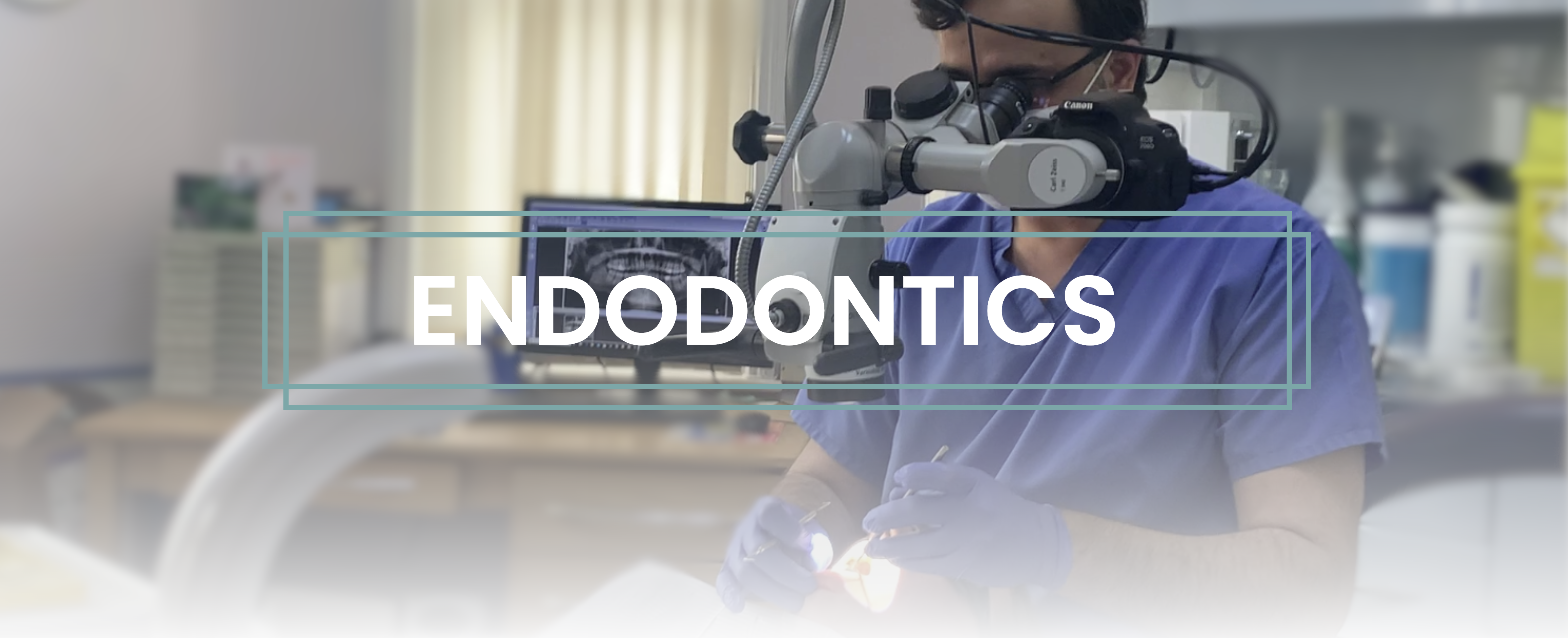
Special Interest Endodontics
BDS,MSc.(Clin) Endodontics (U.K.),MEndo RCS Ed.
GDC Number 300421
Dr. Ahmed Ali performs all his dental treatments under dental microscope and now accepts referrals for consultations and treatment of complex root canal treatment, root canal re-treatment and surgical endodontics, including root end surgery, hemi-section and root resorption repair after given the wide range of Specialist Endodontics training he received at Manchester Dental Hospital, Patients are referred to him at the practice for treatment focused on saving teeth using the latest techniques and materials.Ahmed qualified with a Bachelor of Dental surgery (BDS) in 2013. . He then worked as an associate dentist in an exclusively private practices for three years practicing in all aspects of general dentistry. Later, he started his 3-year Specialist postgraduate training residency programme in Endodontics (Specialising in root canal treatment) in 2017 at the Manchester Dental Hospital. During his specialist training, he treated patients referred to the Manchester Dental Hospital for complex root canal treatment and Apicectomy procedures. In 2021, he was awarded the degree of Master’s in Clinical Dentistry MSc. (Clin) in Endodontics by University of Manchester.Ahmed successfully completed his Endodontic Specialist training exit examinations (M Endo) at the Royal College of Surgeons of Edinburgh and was elected by the college council as an Endodontics specialist member to the Royal College of Surgeons of Edinburgh.Ahmed always works closely with referring dentists, and in more complex cases, i.e, patients with multiple dental problems, he teams up to ensure that patients get the best outcome in the minimum number of appointments.He continues to enjoy treating patients in a kind, reassuring manner in all aspects of root canal treatments and dentistry.
SPECIAL INTEREST DENTIST
Syed Shah, GDC 100152. BDS MFDS (RCPSG), MSc Clinical Endodontics (USW), MSc Oral Pathology (UCL), PG Dip Endo
Syed is a conservative dentist who accept referrals from all over Kent. He believes in minimally invasive dentistry, focusing on restoring both function and aesthetics for his patients. Recognised for his skills, Syed is a member of the Royal College of Physicians and Surgeons Glasgow.
With a special interest in Endodontics, he holds a postgraduate diploma from King’s College London and an MSc in clinical Endodontics from the University of South Wales. Additionally, he has a MSc in Experimental Oral Pathology from Queen Mary University of London.
Syed prioritises vital pulp therapy to preserve compromised pulp tissue and utilises a microscope for root canal to ensure high-quality outcomes.
As an educational supervisor for Health Education England since 2011, he is dedicated to mentoring newly qualified dentists.
Collaborating closely with the clinical team at Thorndike, he offers joint consultations with Dr. Behzad Manzoor, covering endodontic and dental implant procedures, providing personalised treatment plans.
Are you a dentist looking to refer a patient to Syed?
Click here to find out more, alternatively if you’re a patient contact us today
What is Root Canal?
Root canal is designed to treat infection or damage within the pulp of a tooth. The dental pulp is the innermost part of the tooth, containing nerves, blood vessels, and connective tissue. When the pulp becomes infected or inflamed due to decayor trauma, it can cause severe pain and potentially lead to abscesses or tooth loss. During a root canal, your dentist removes the affected pulp, cleans and disinfects the root canals, shapes them, and then fills and seals the space to prevent further infection.
This procedure helps save the natural tooth and alleviate pain while restoring its function.
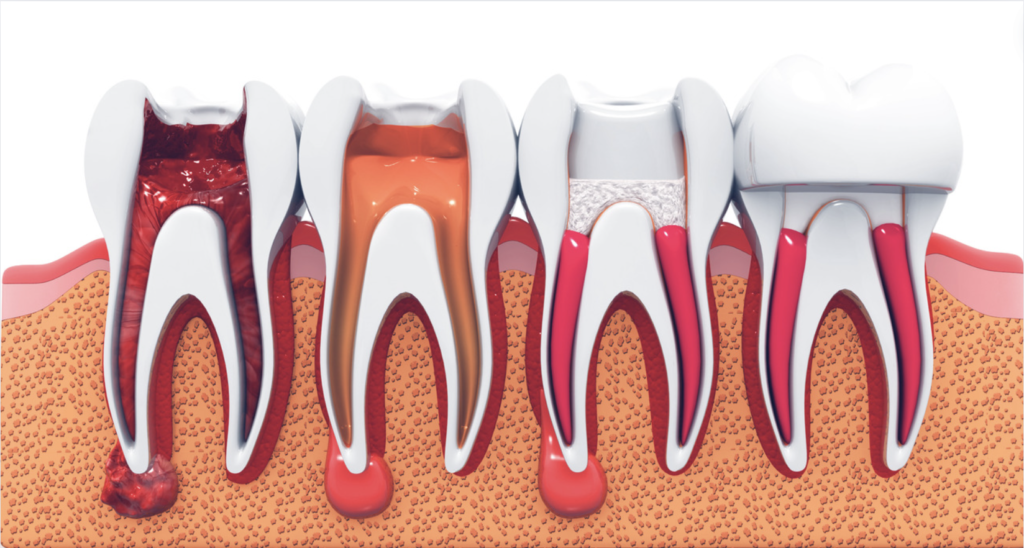
Root canal vs extraction
Opting for a root canal instead of an extraction offers several benefits:
- Root canal allows you to preserve your natural tooth, which is preferable for maintaining proper chewing function, bite alignment, and overall oral health. Natural teeth provide better biting and chewing efficiency compared to artificial replacements.
- Retaining your natural tooth helps prevent the shifting of adjacent teeth, which can occur after an extraction, potentially leading to misalignment and other dental issues.
- A root canal is less invasive and more cost-effective in the long run than extraction followed by replacement options like bridges or implants.
- It also helps maintain the aesthetic appearance of your smile. You can avoid the potential complications and extended treatment times associated with tooth extraction and replacement.



